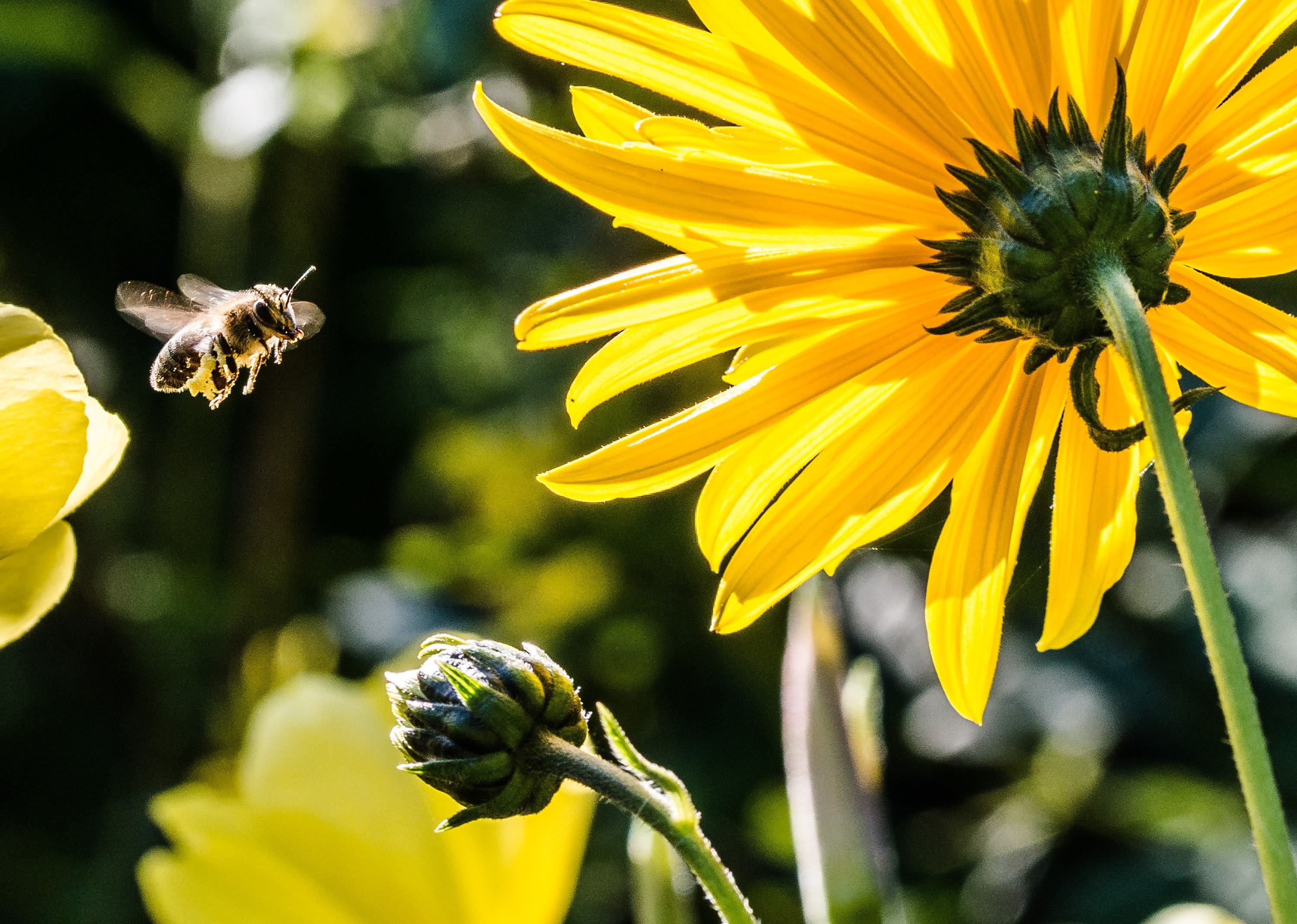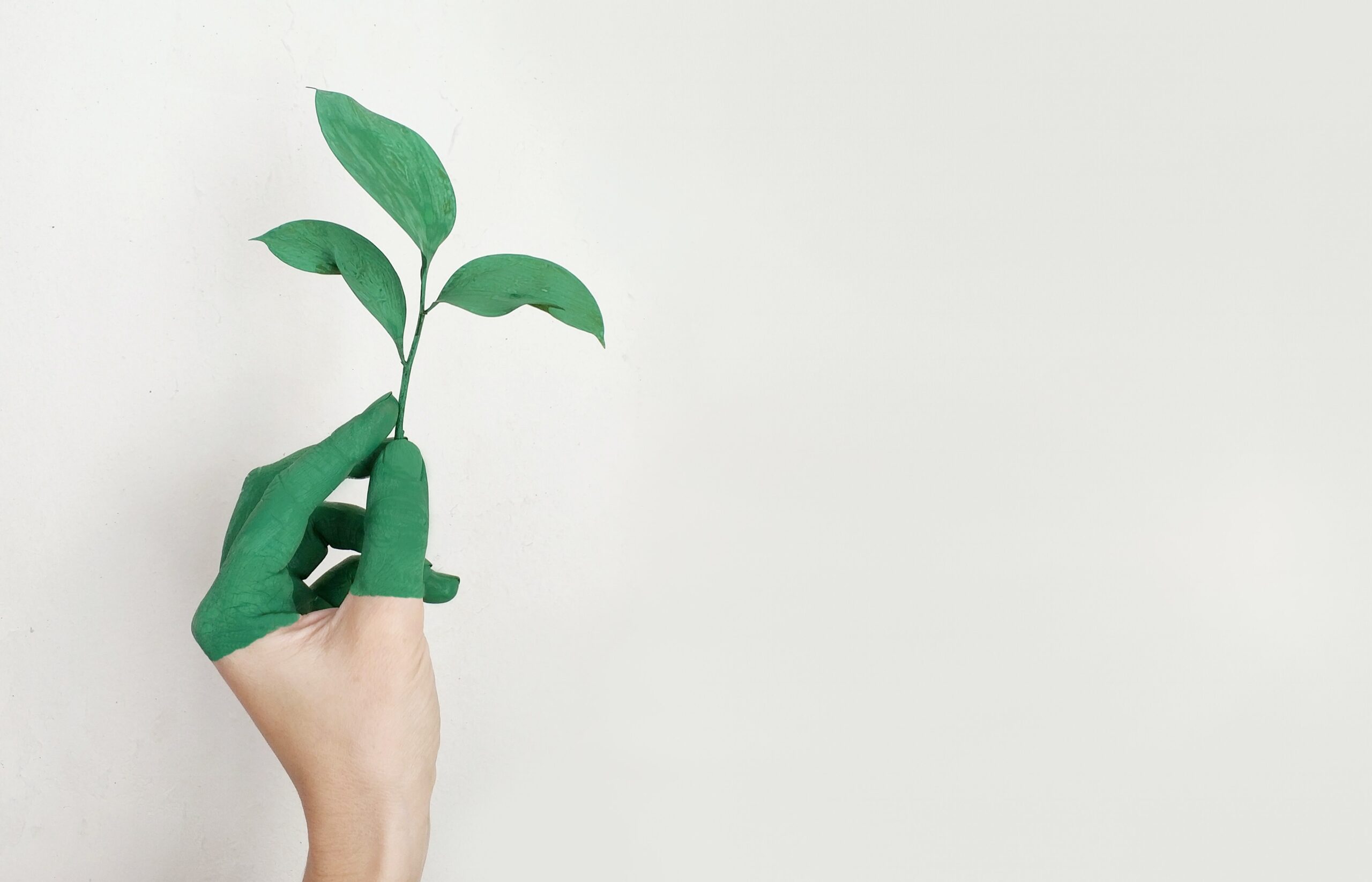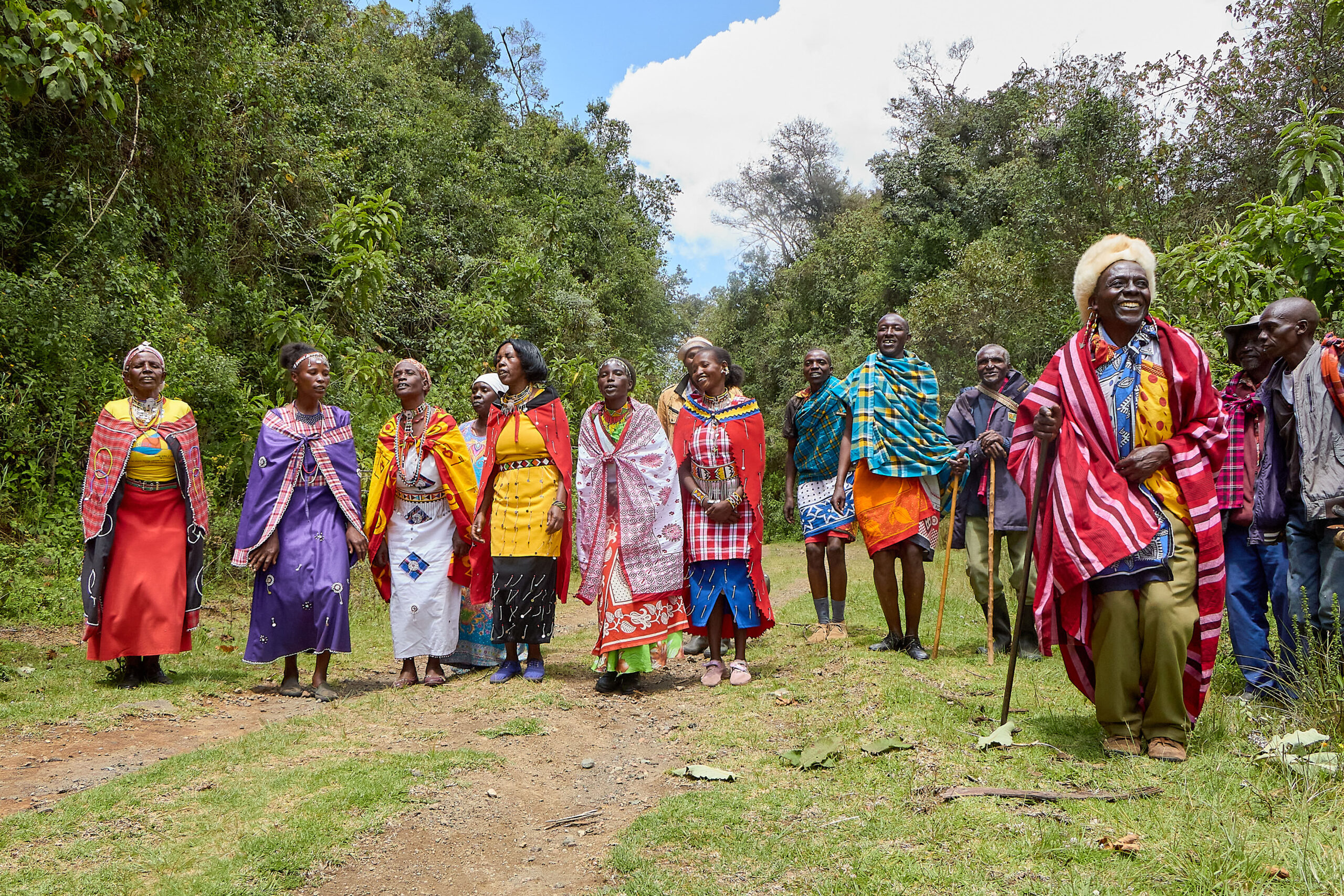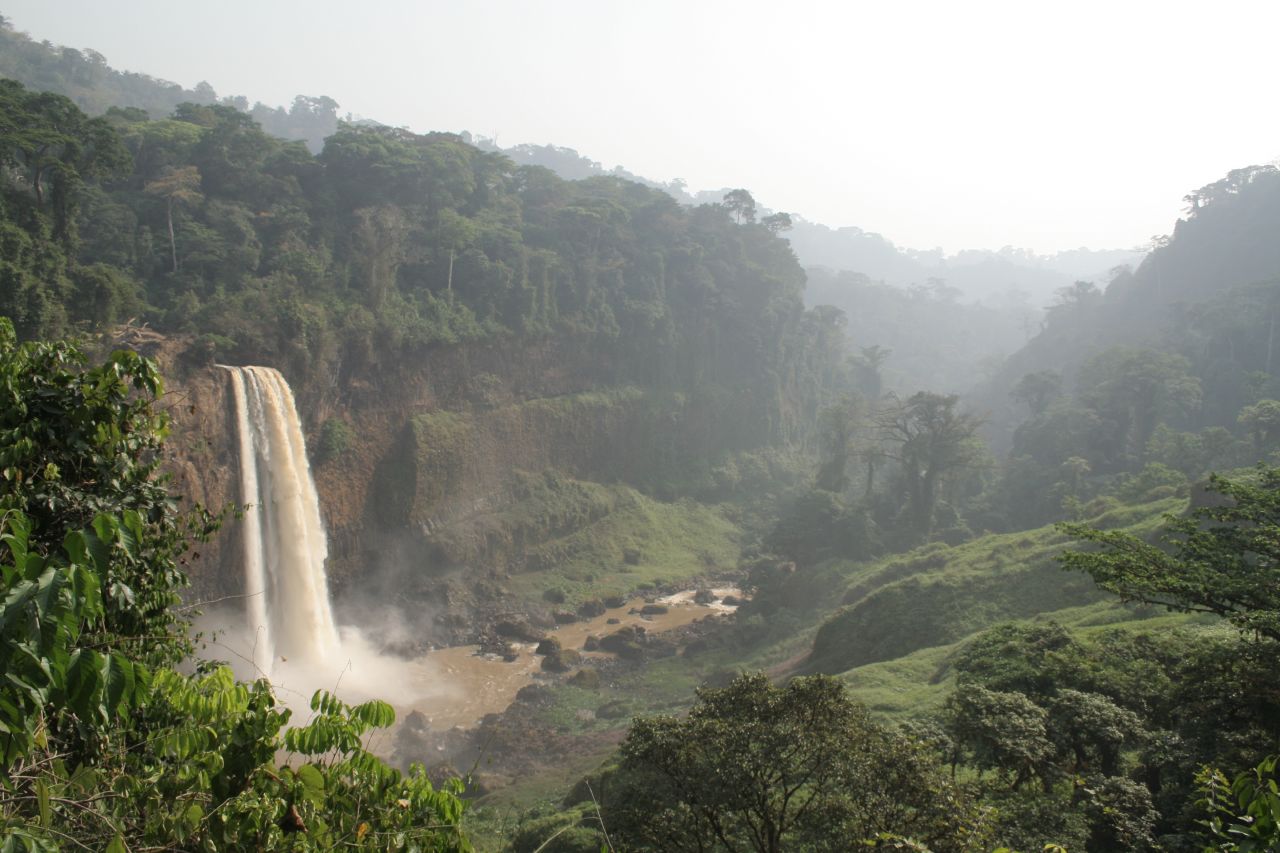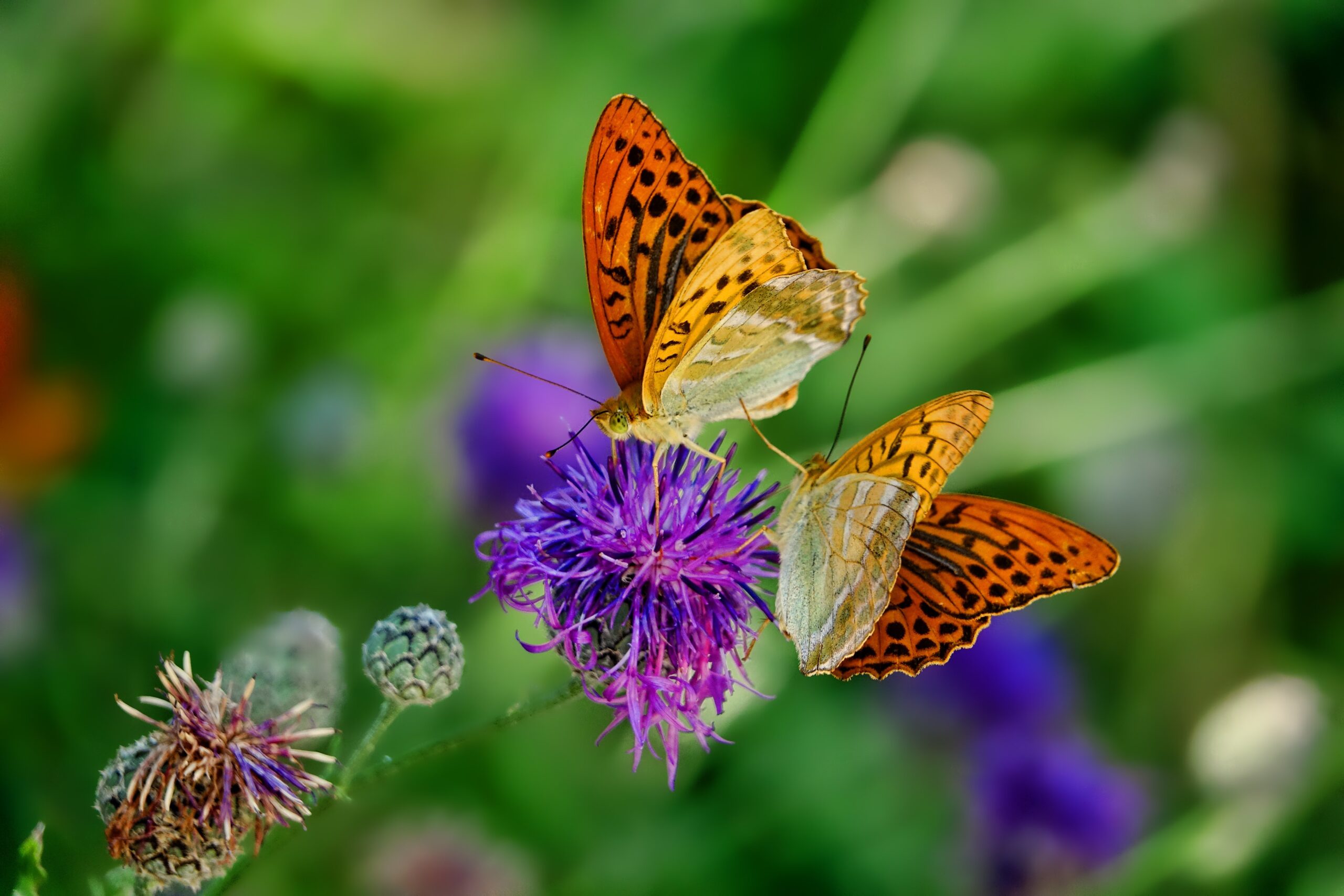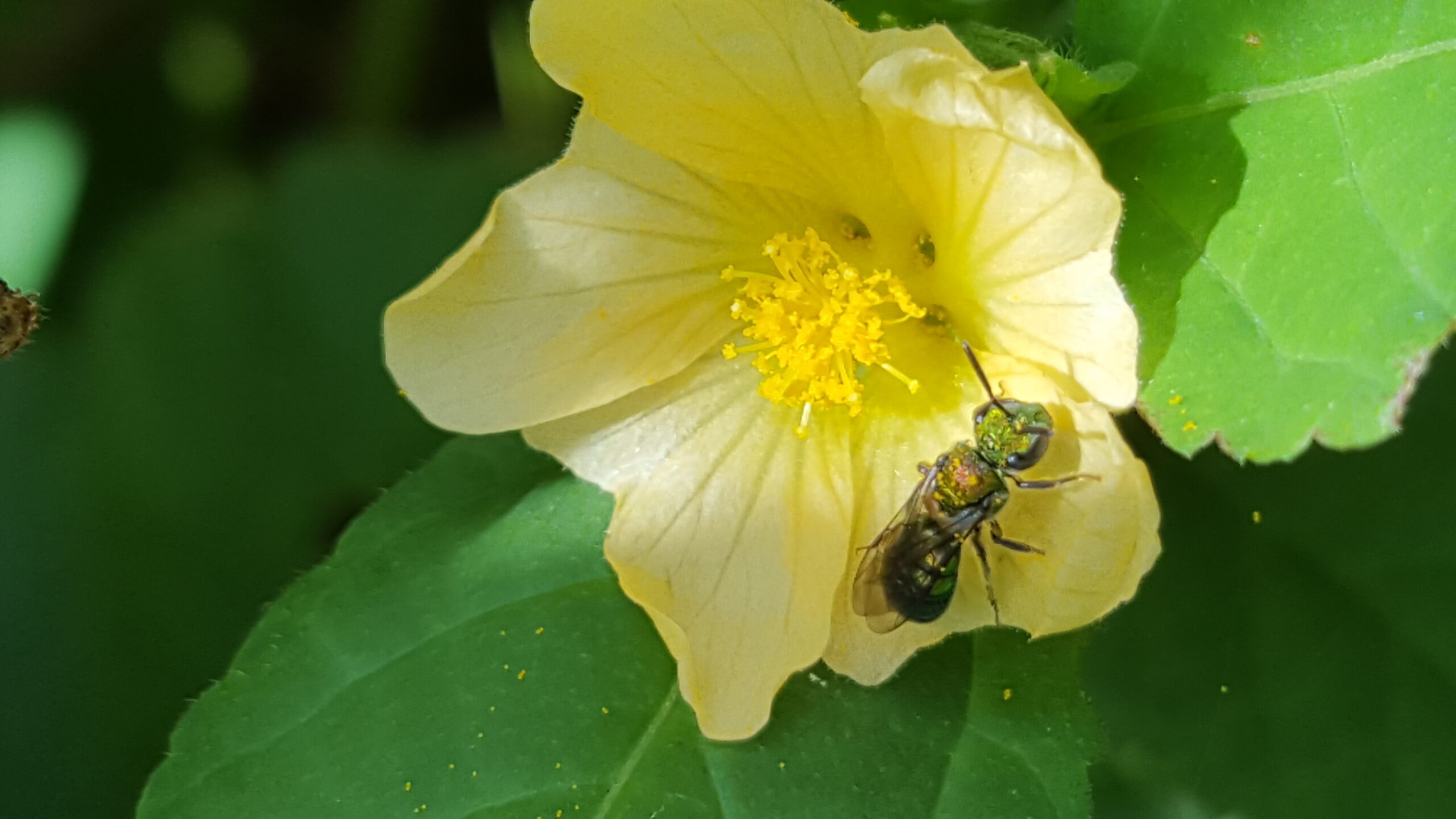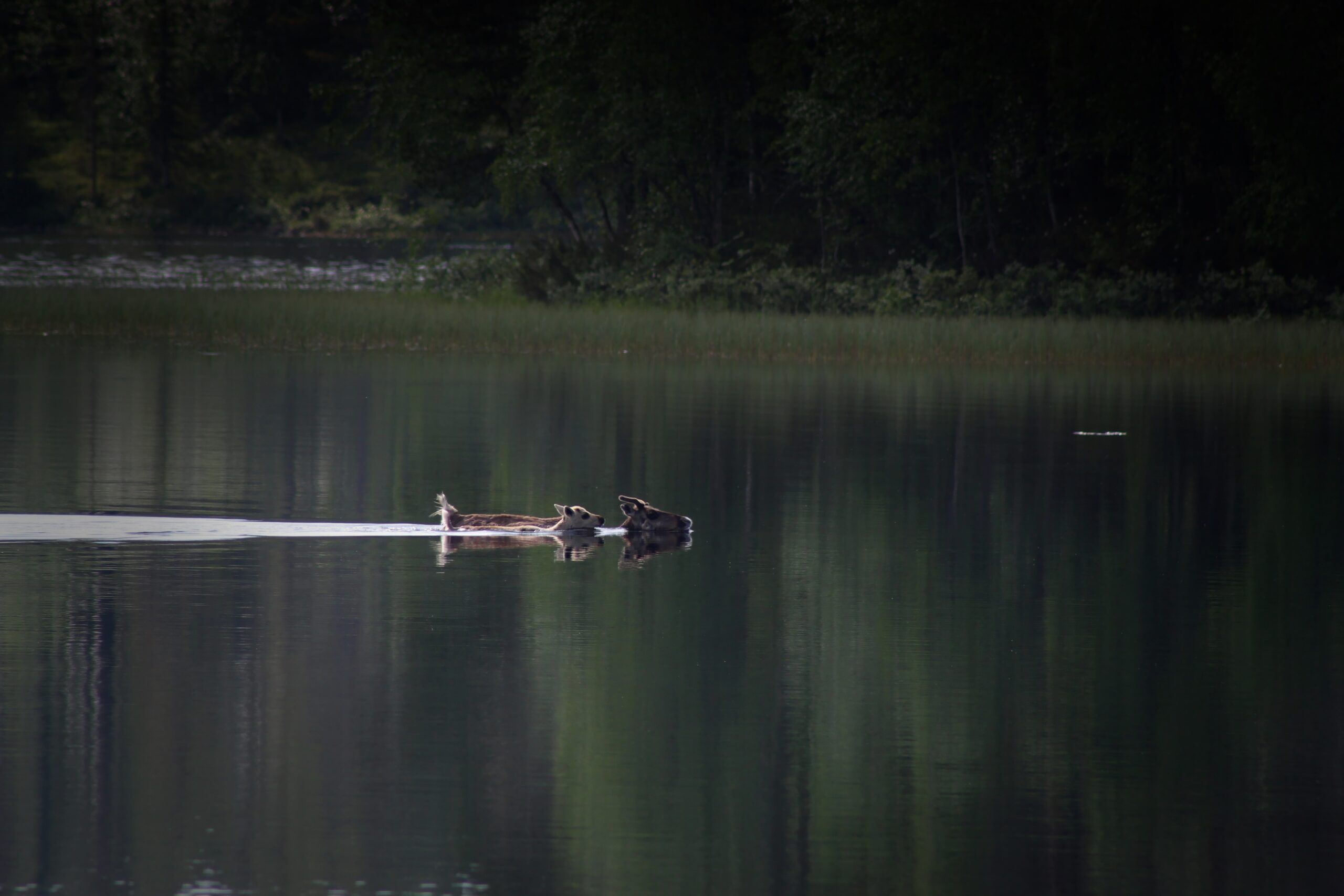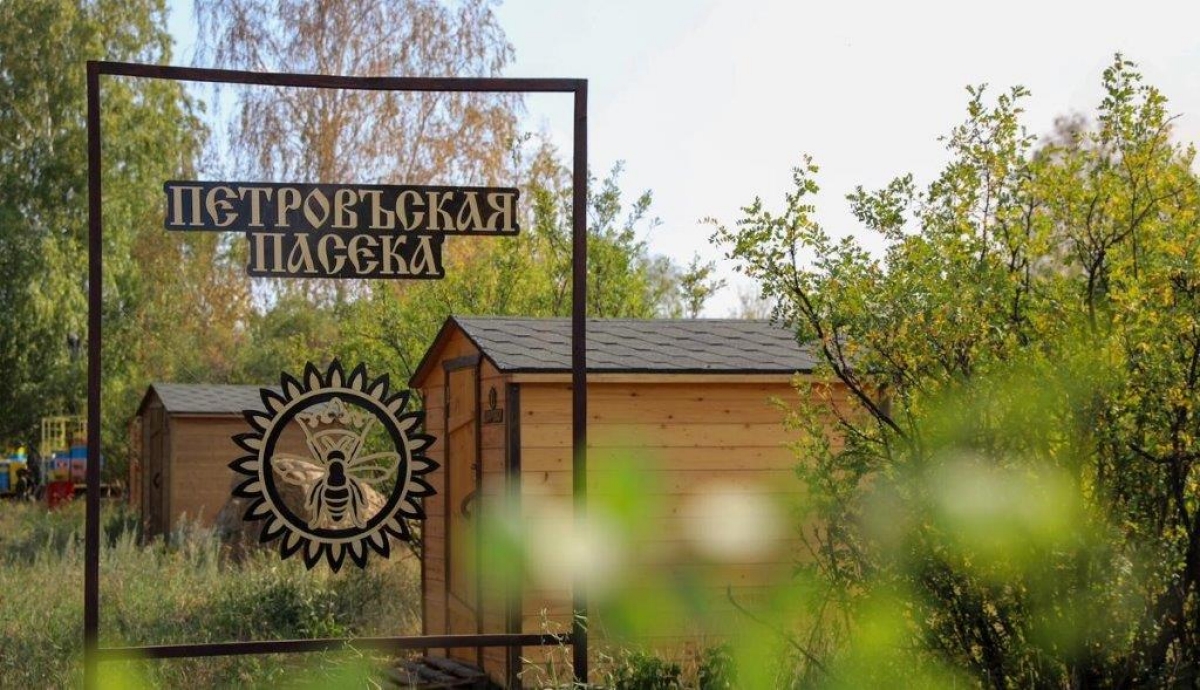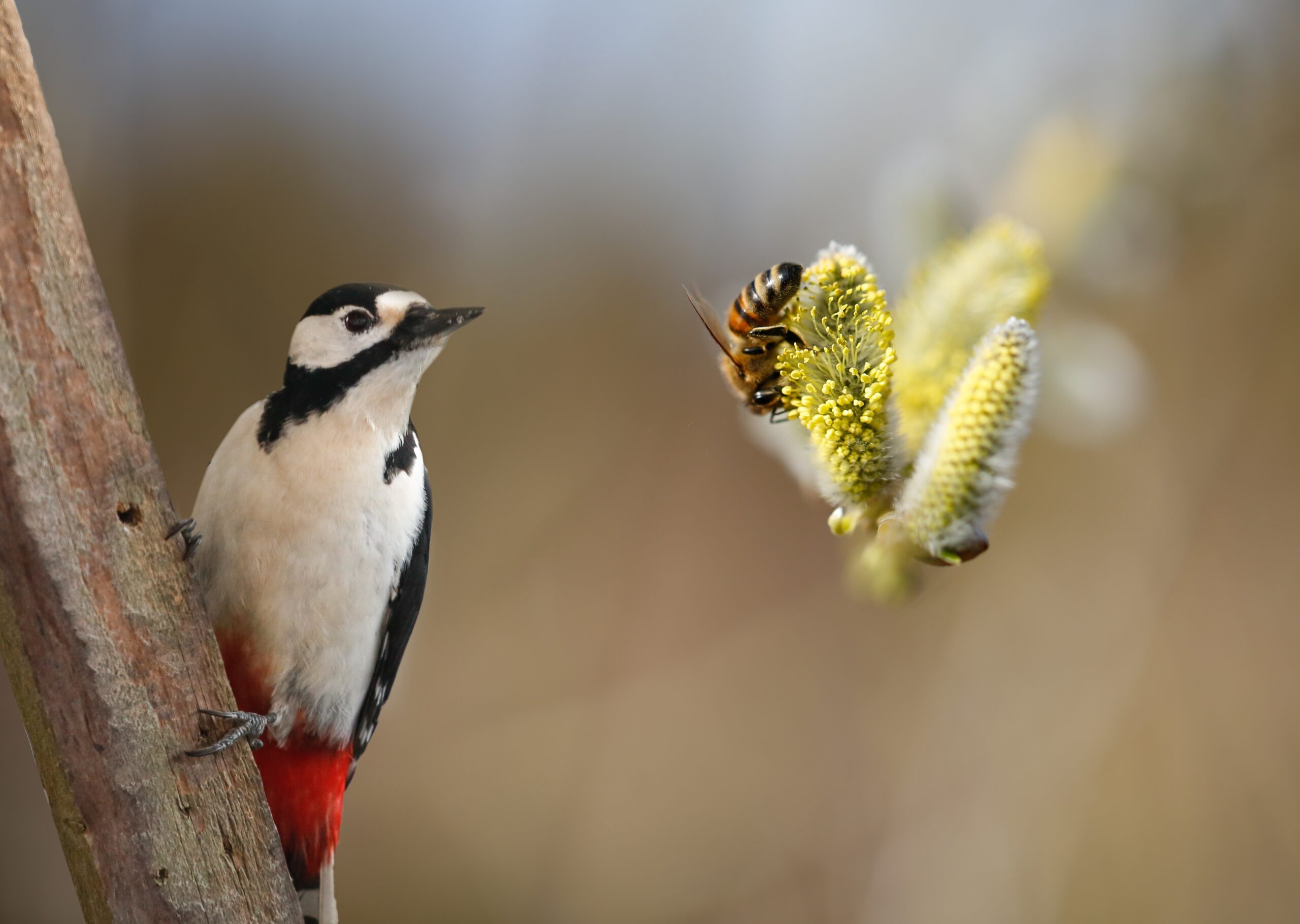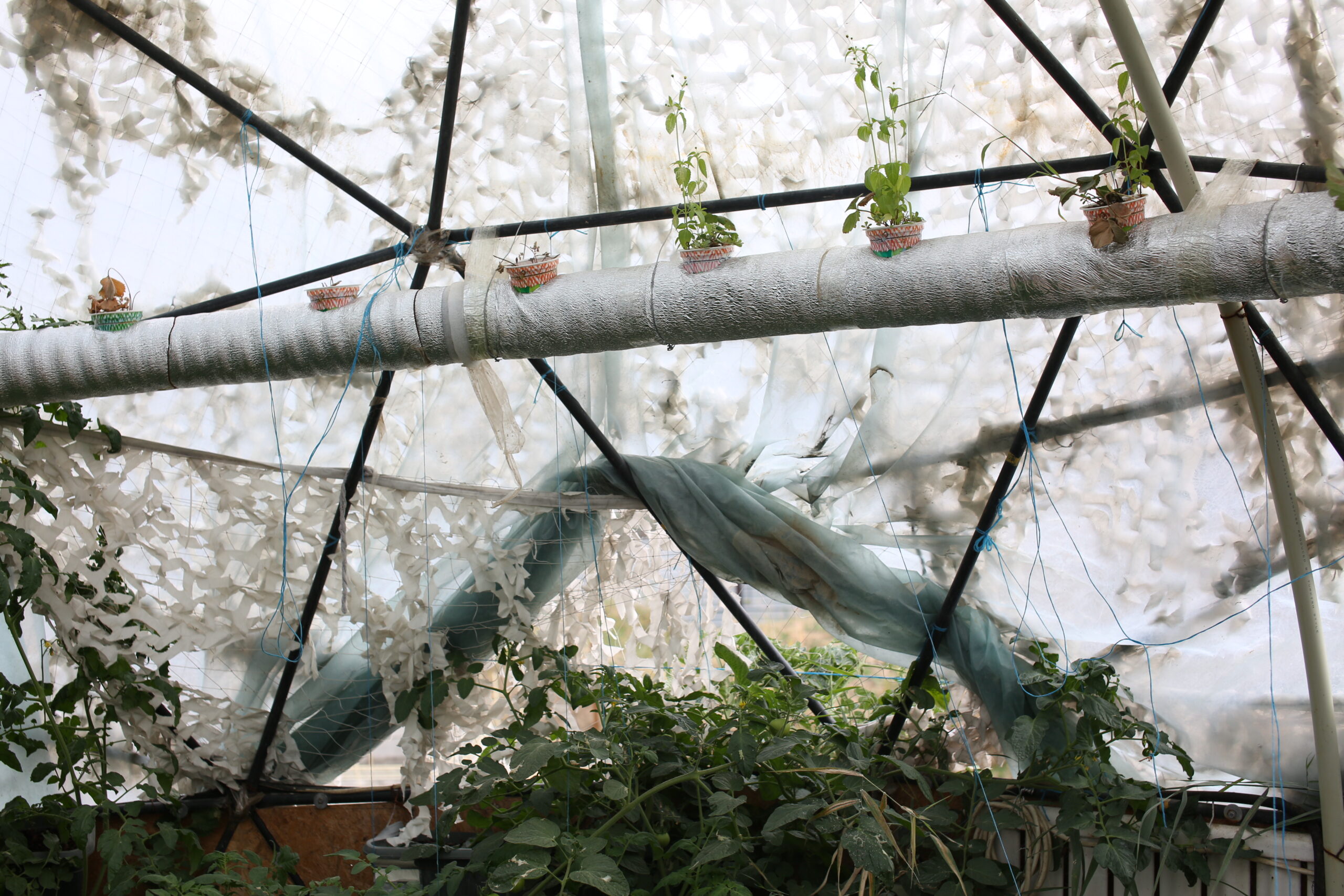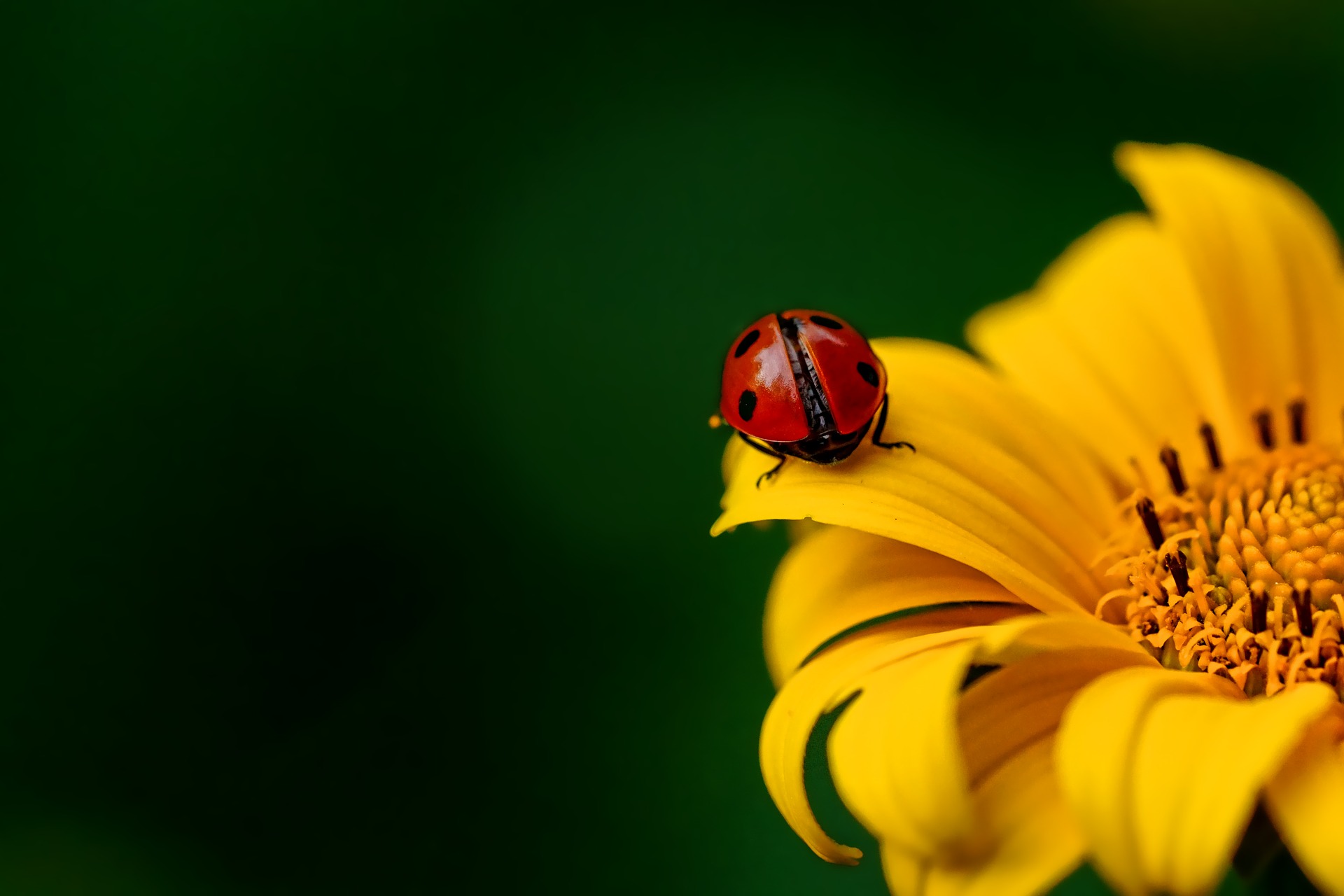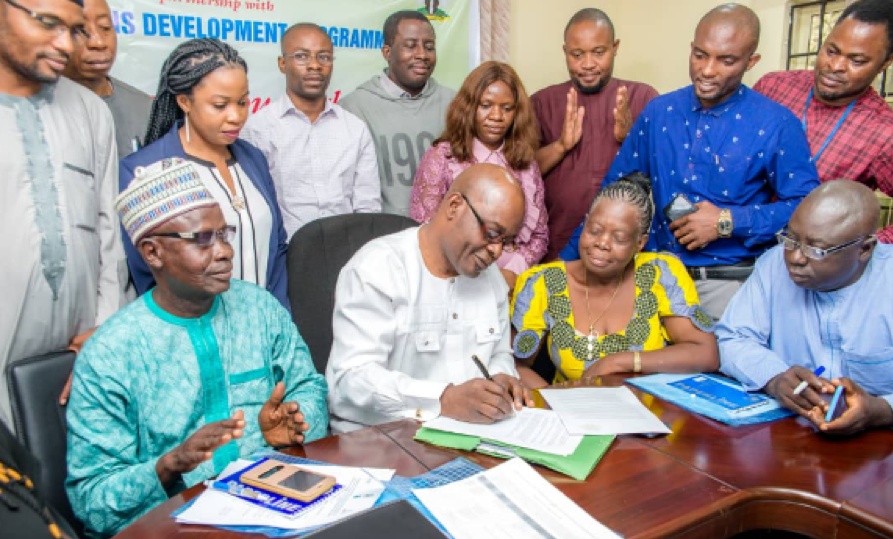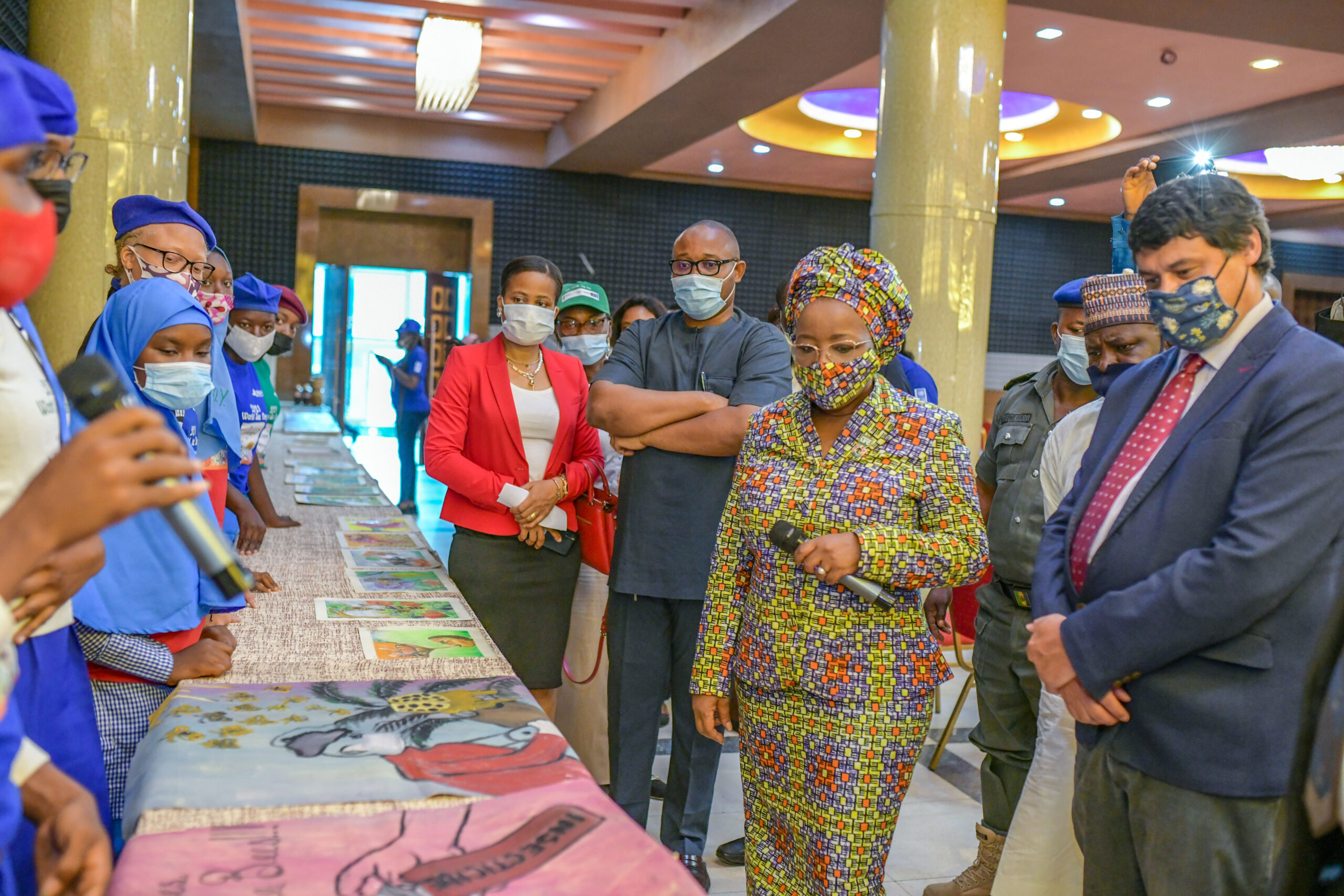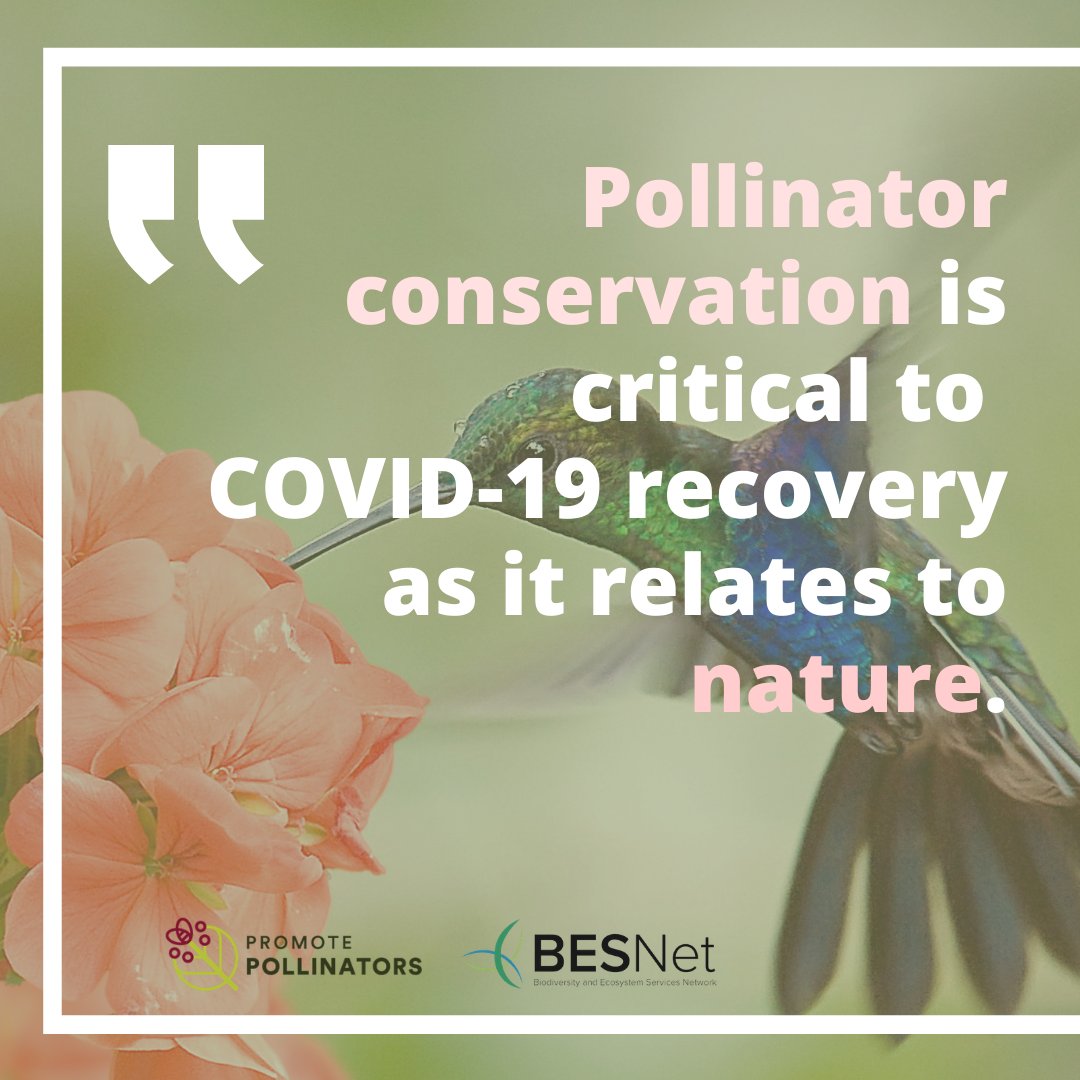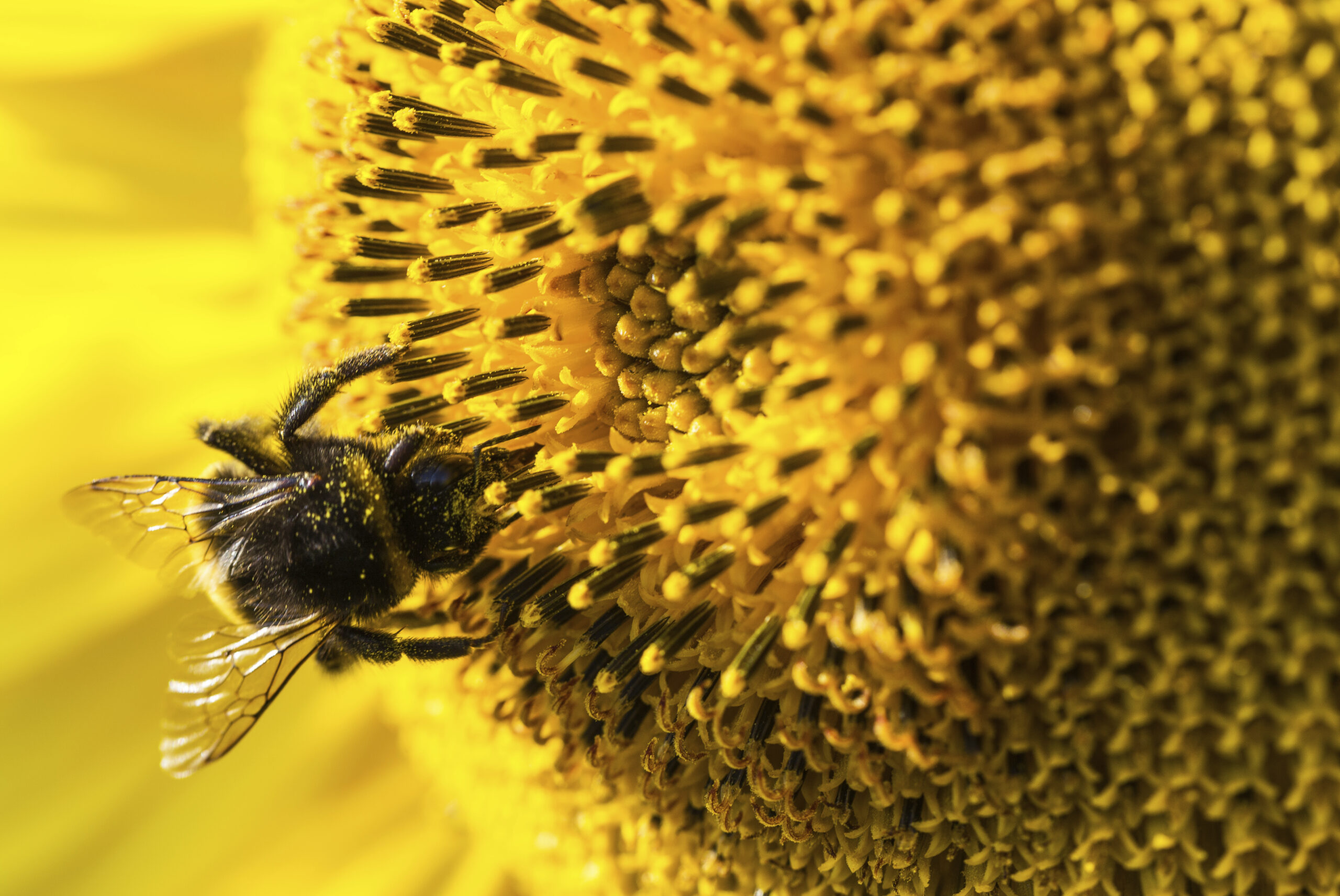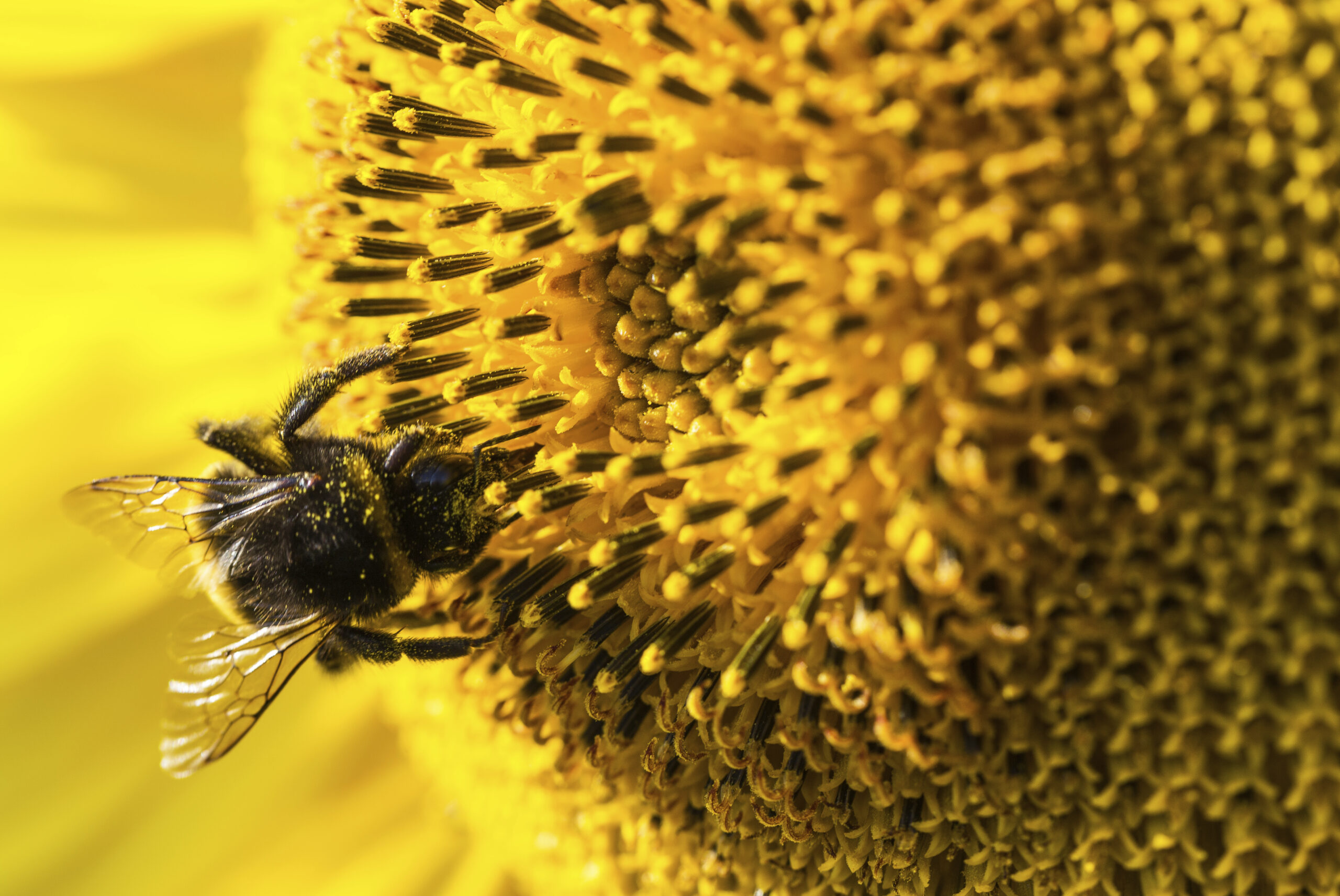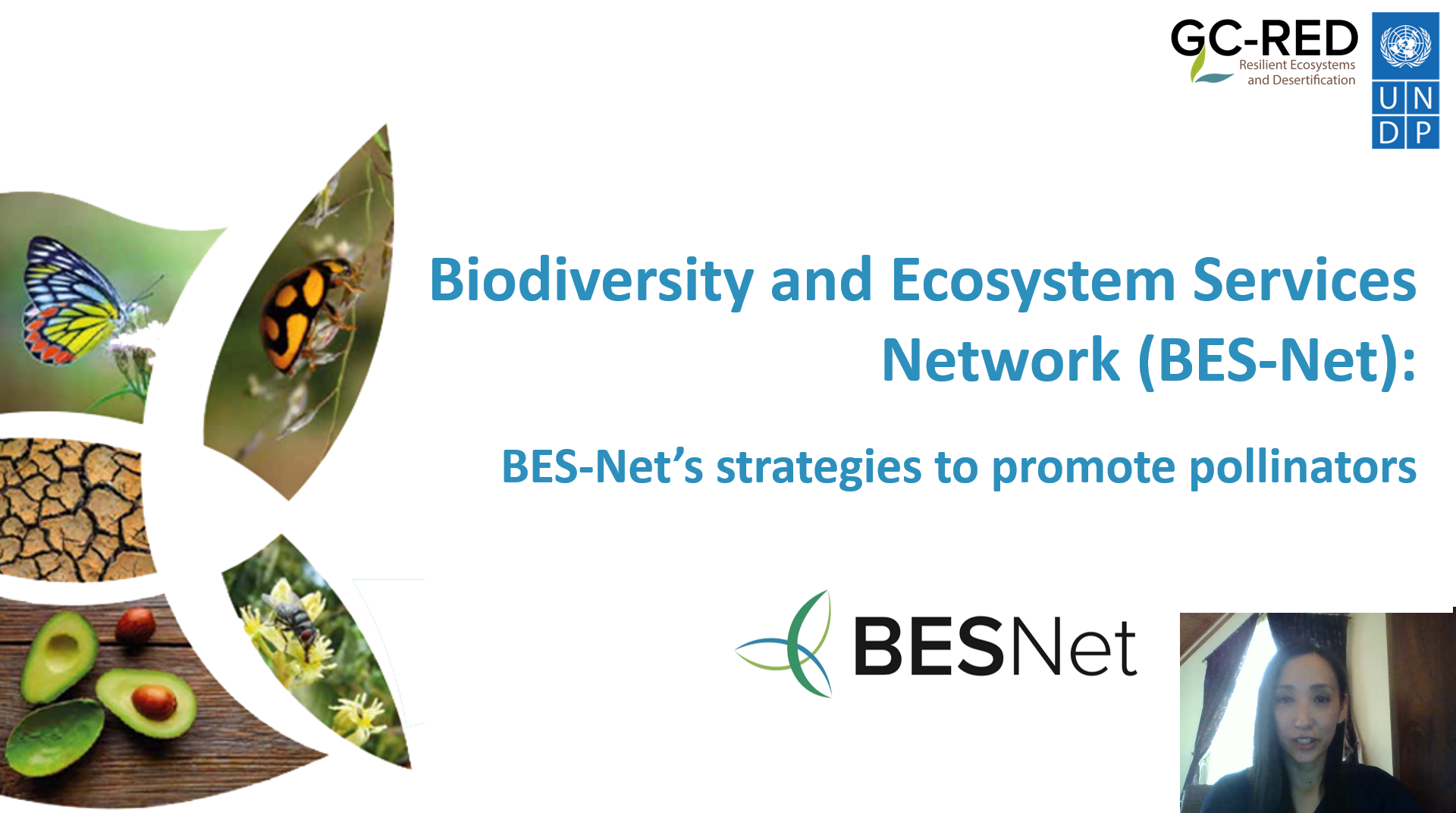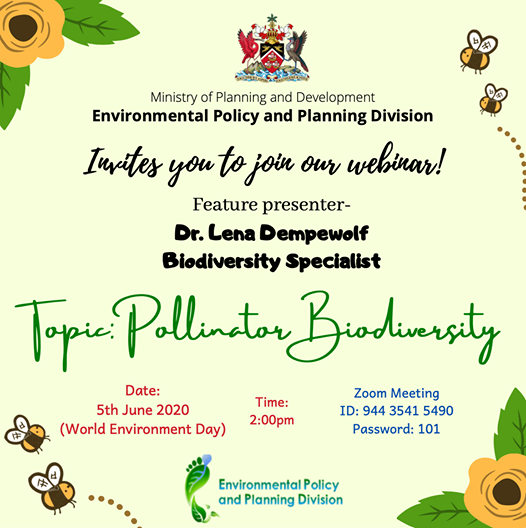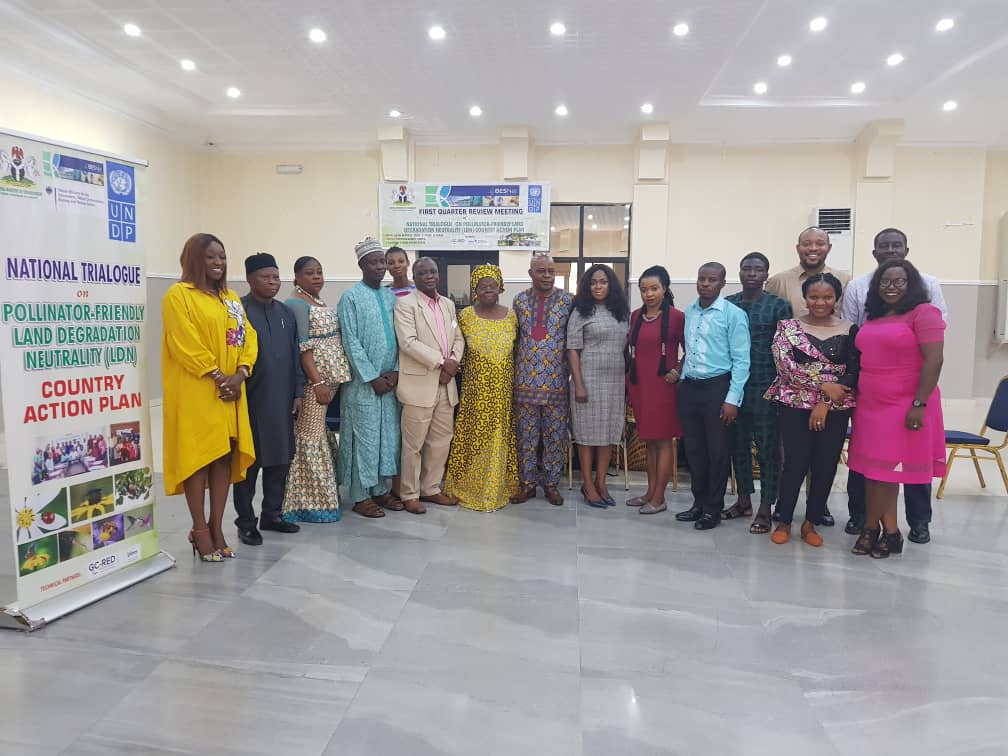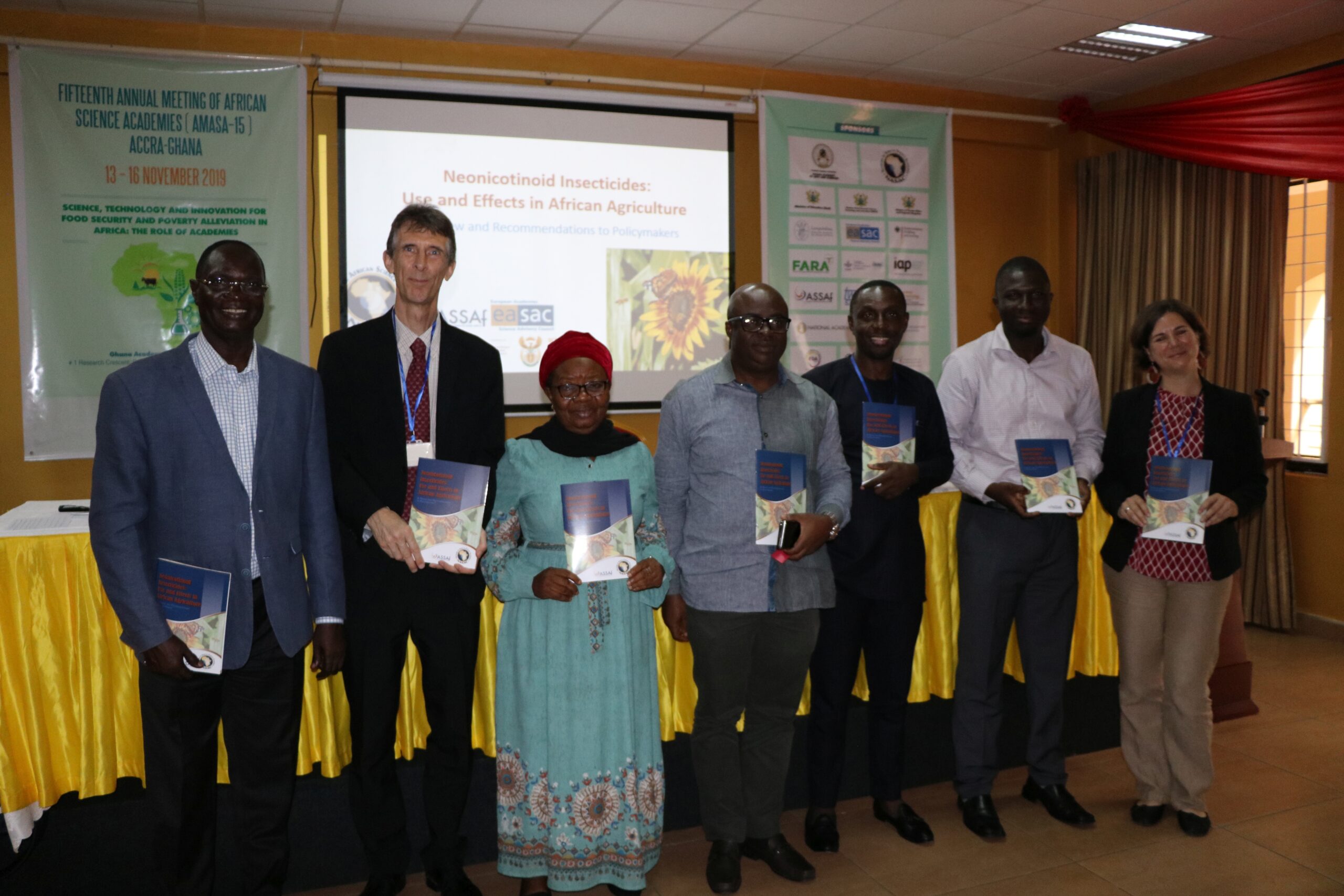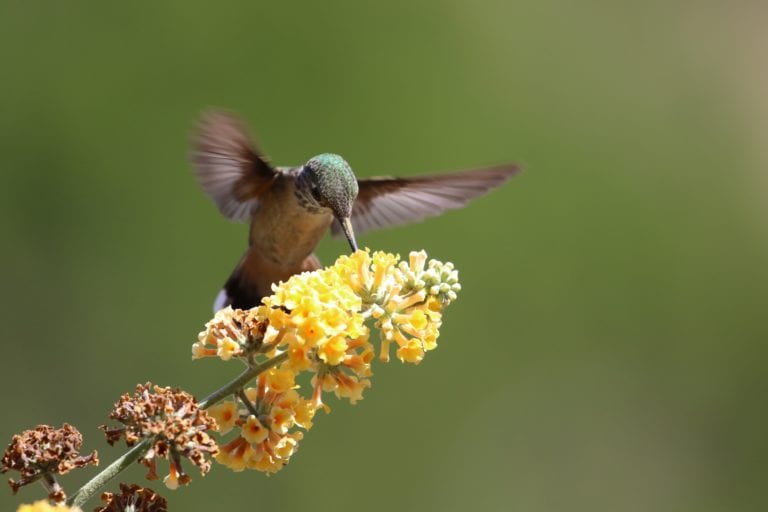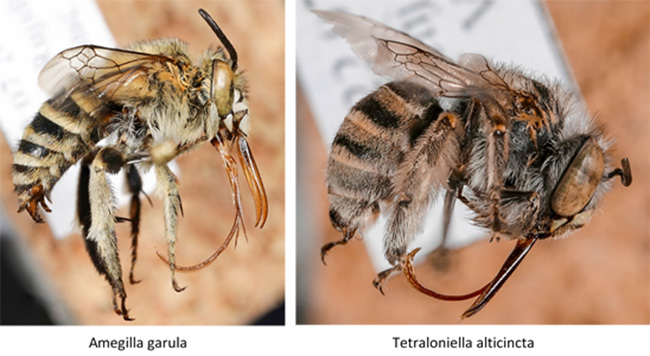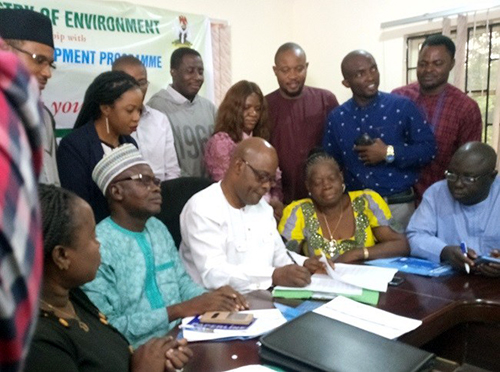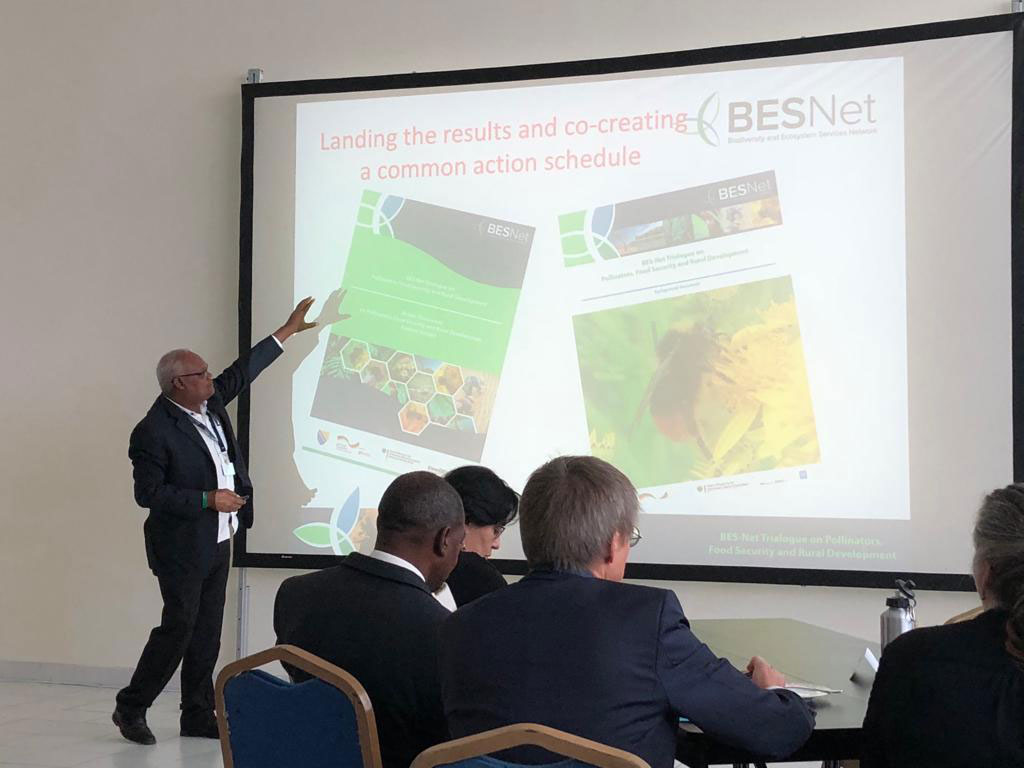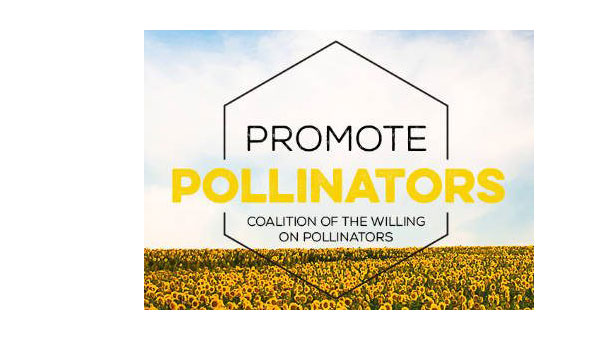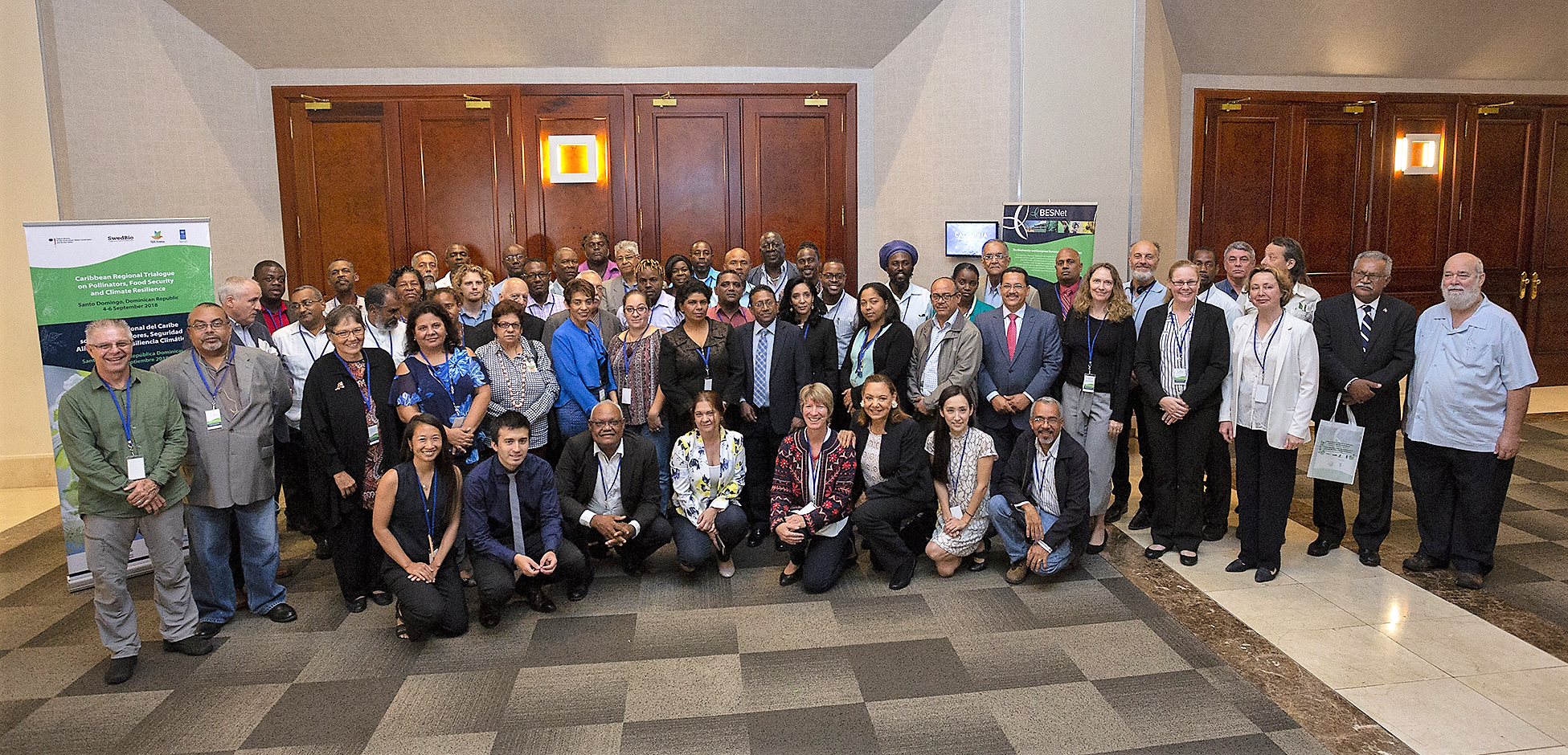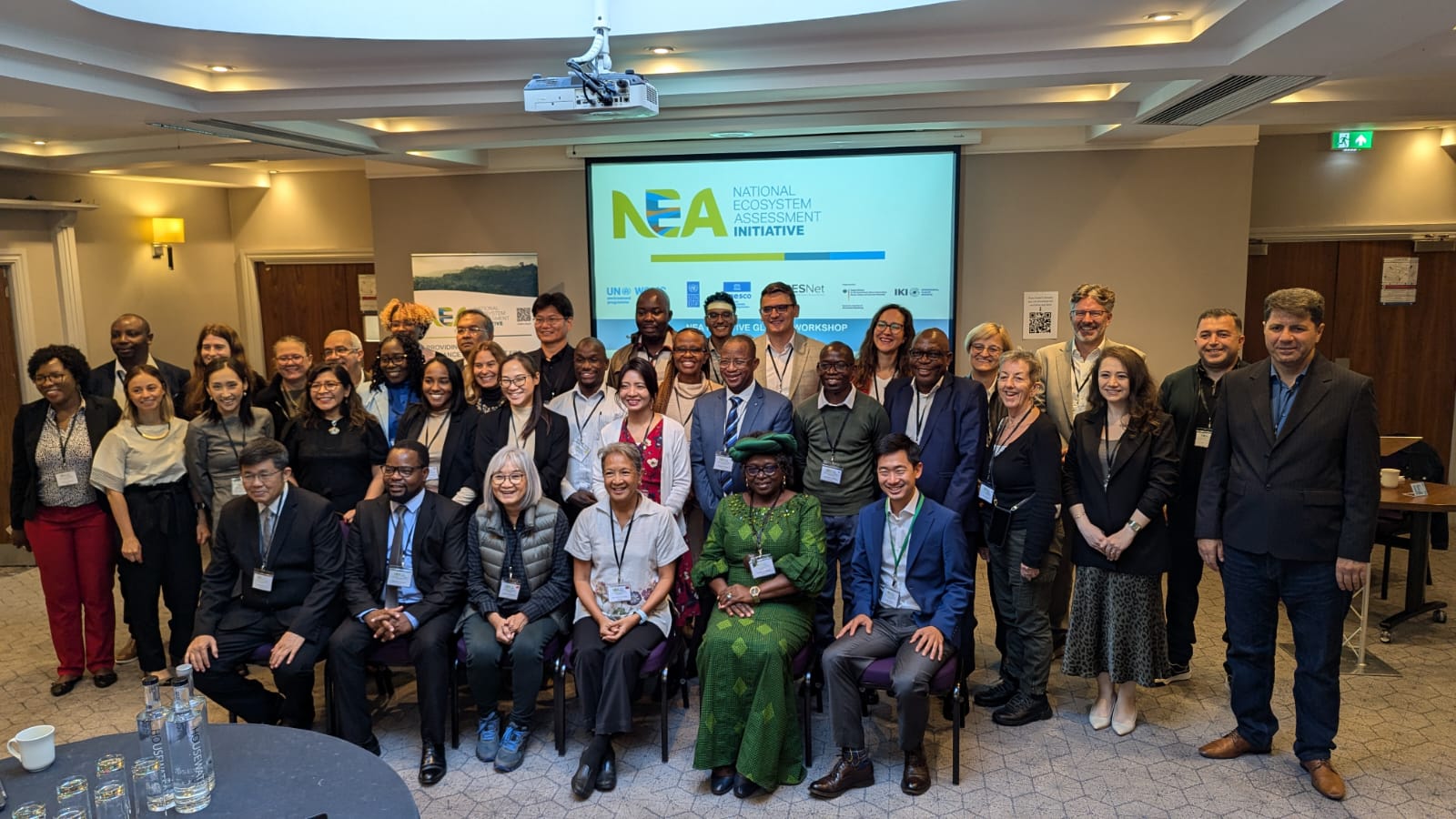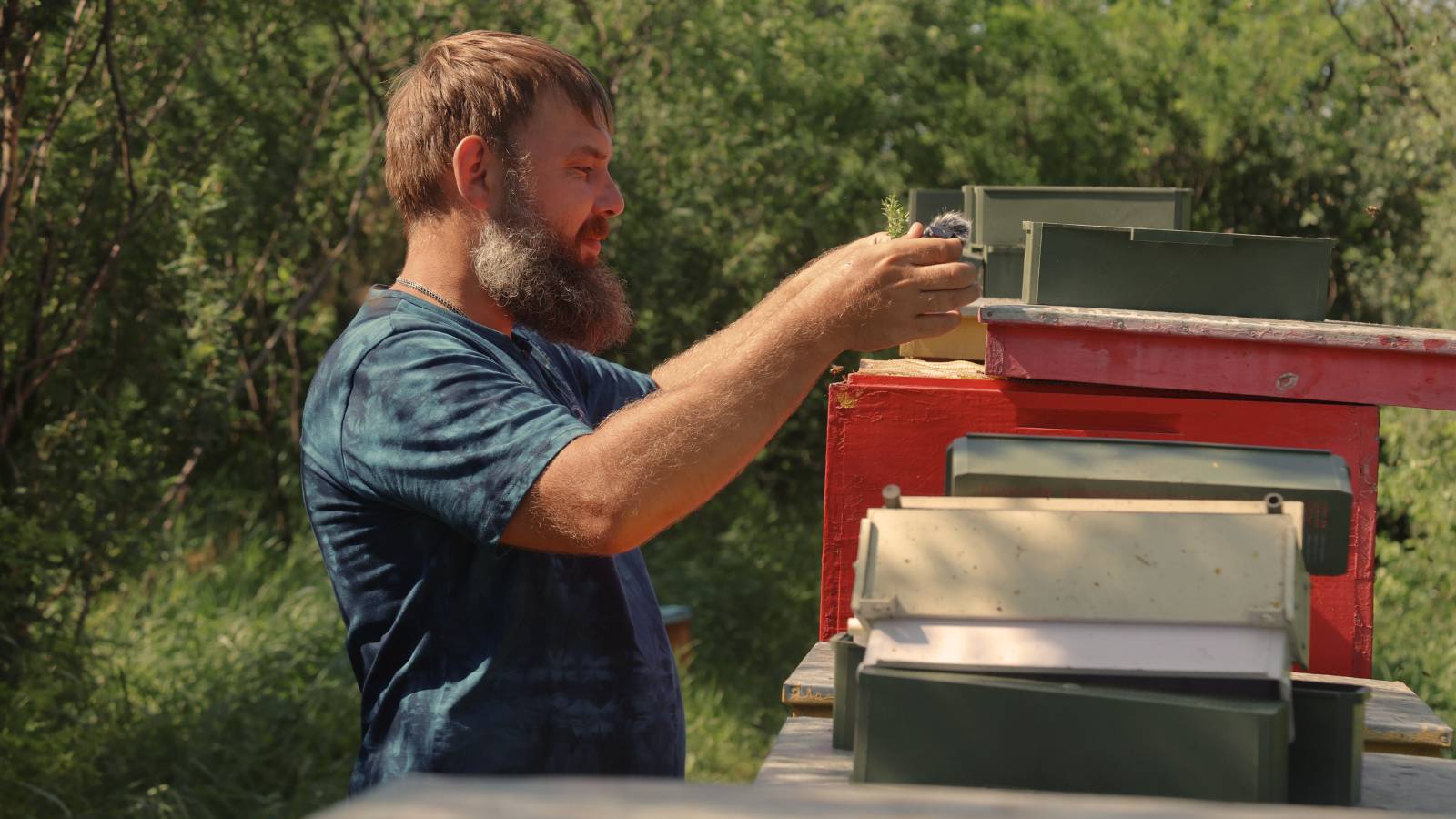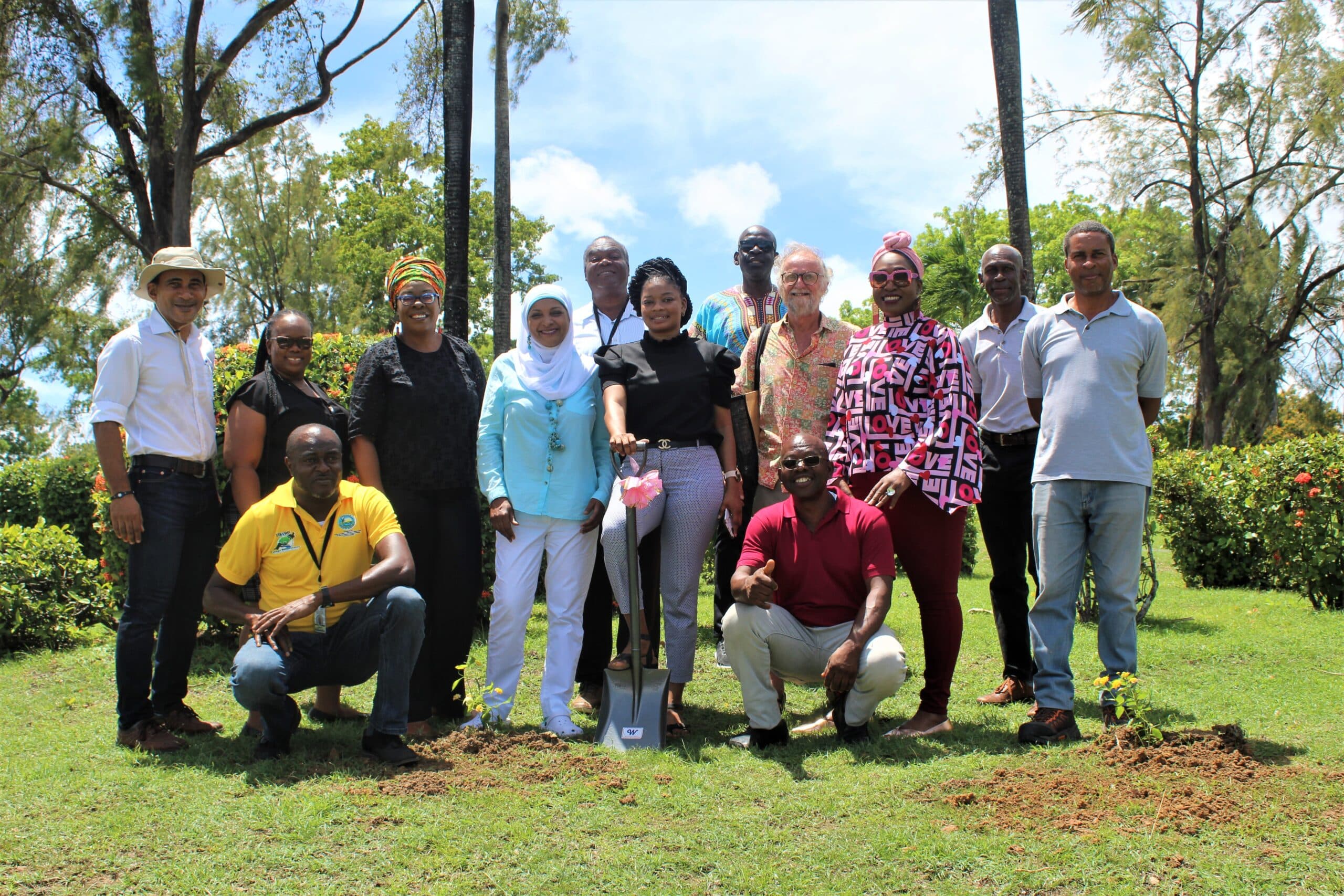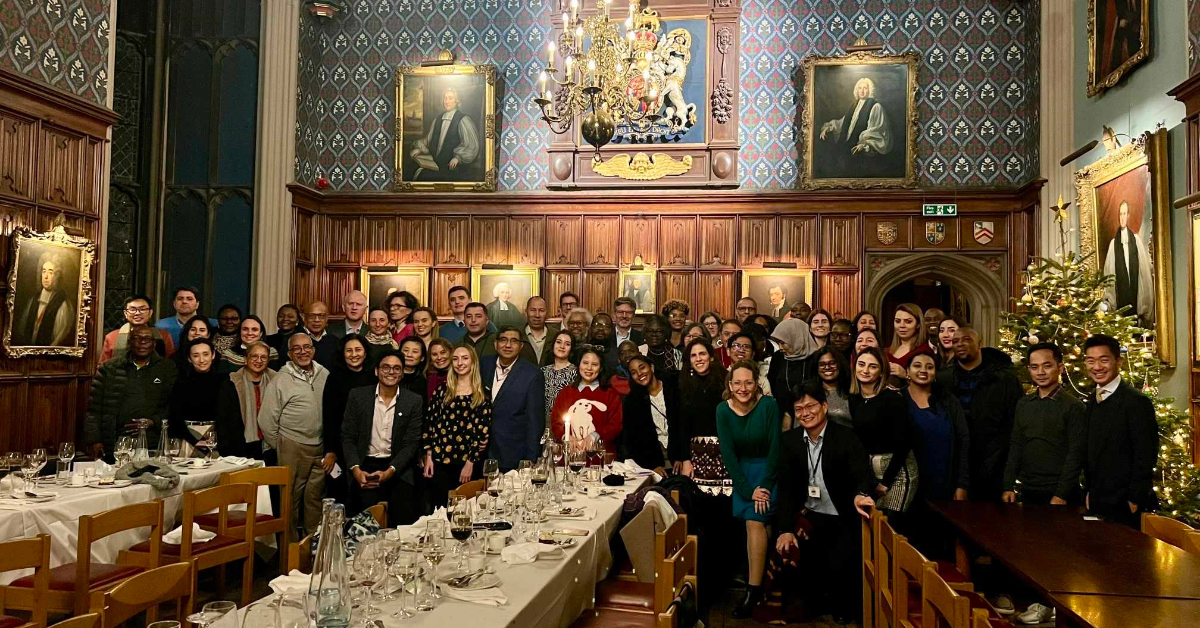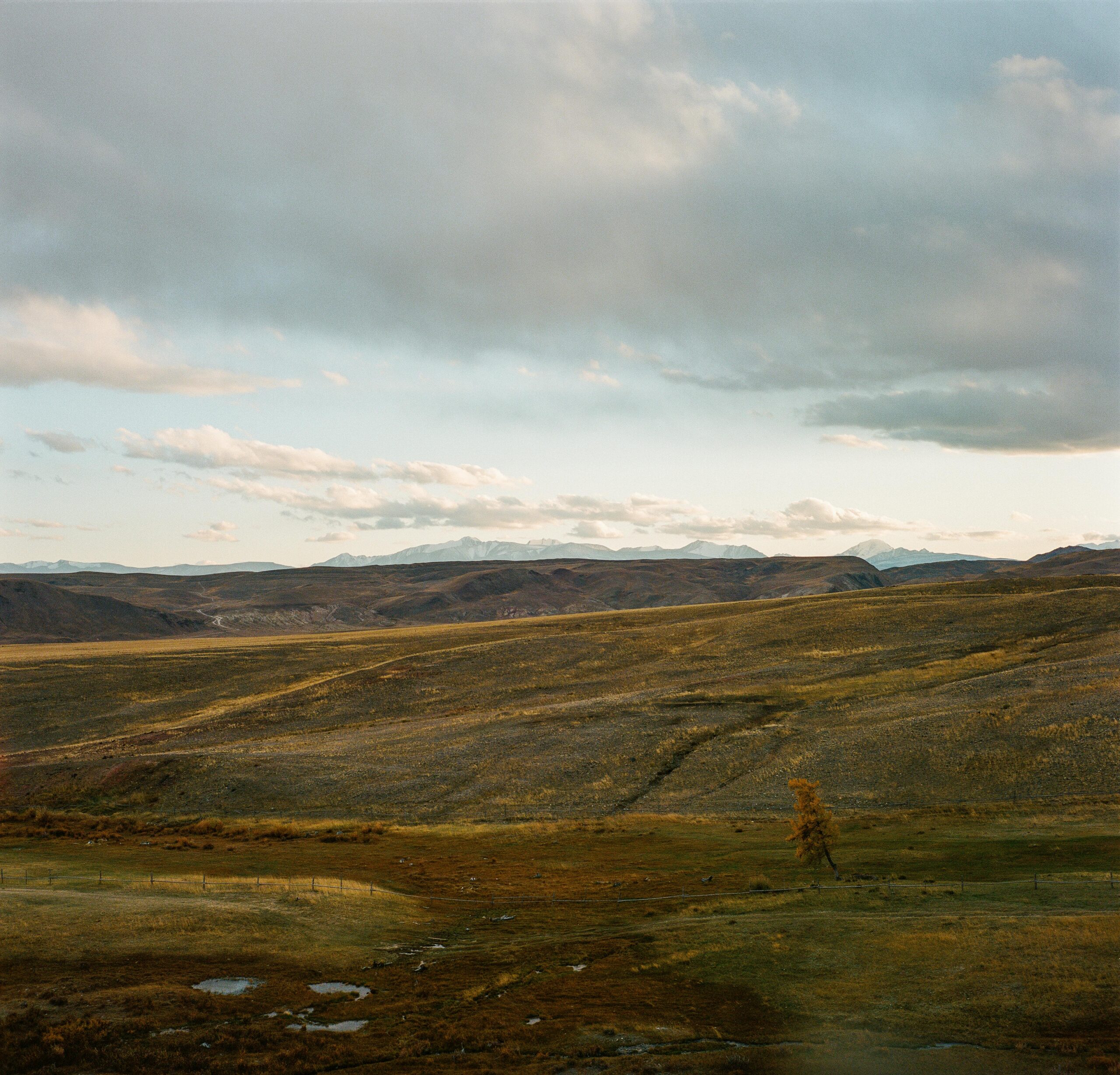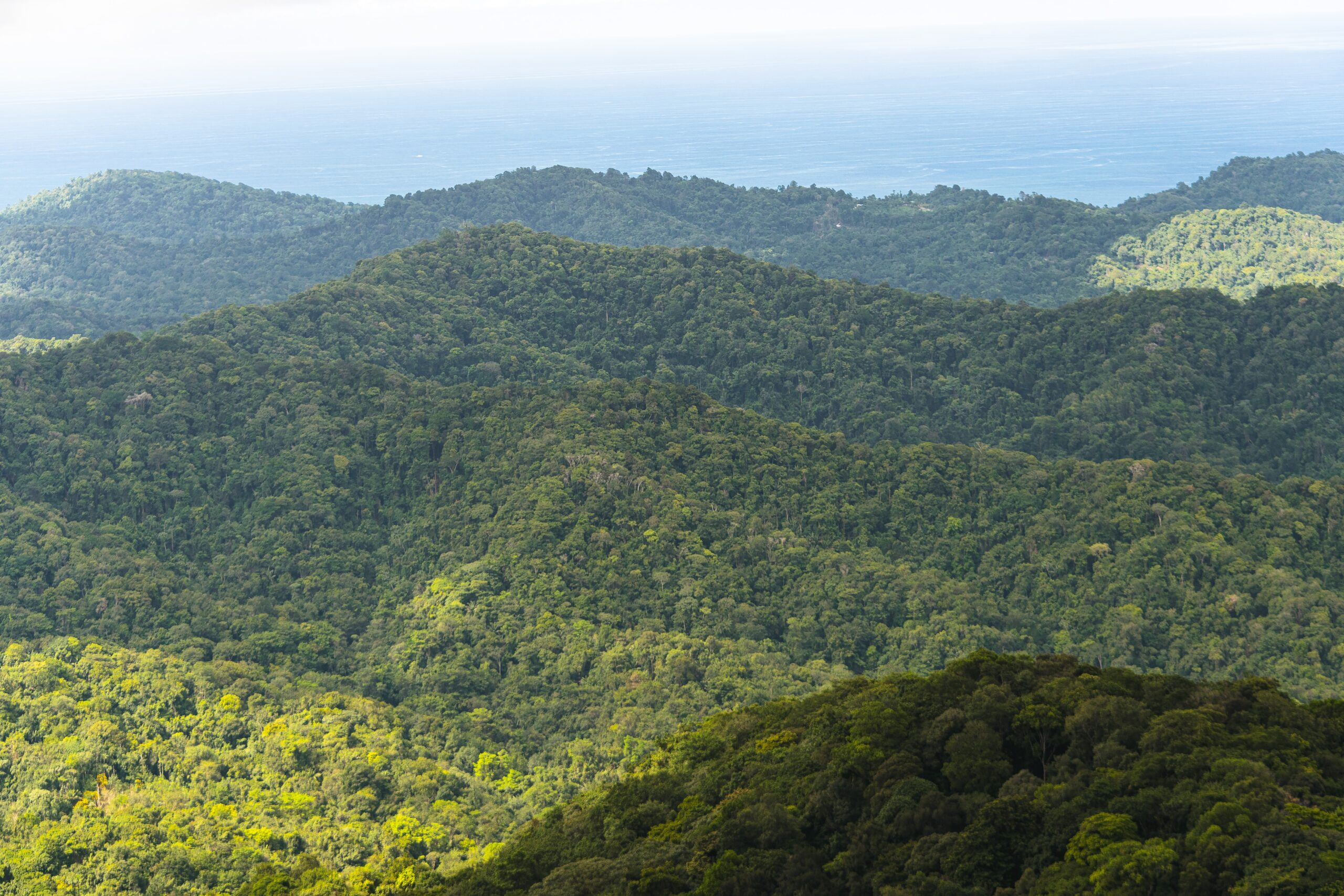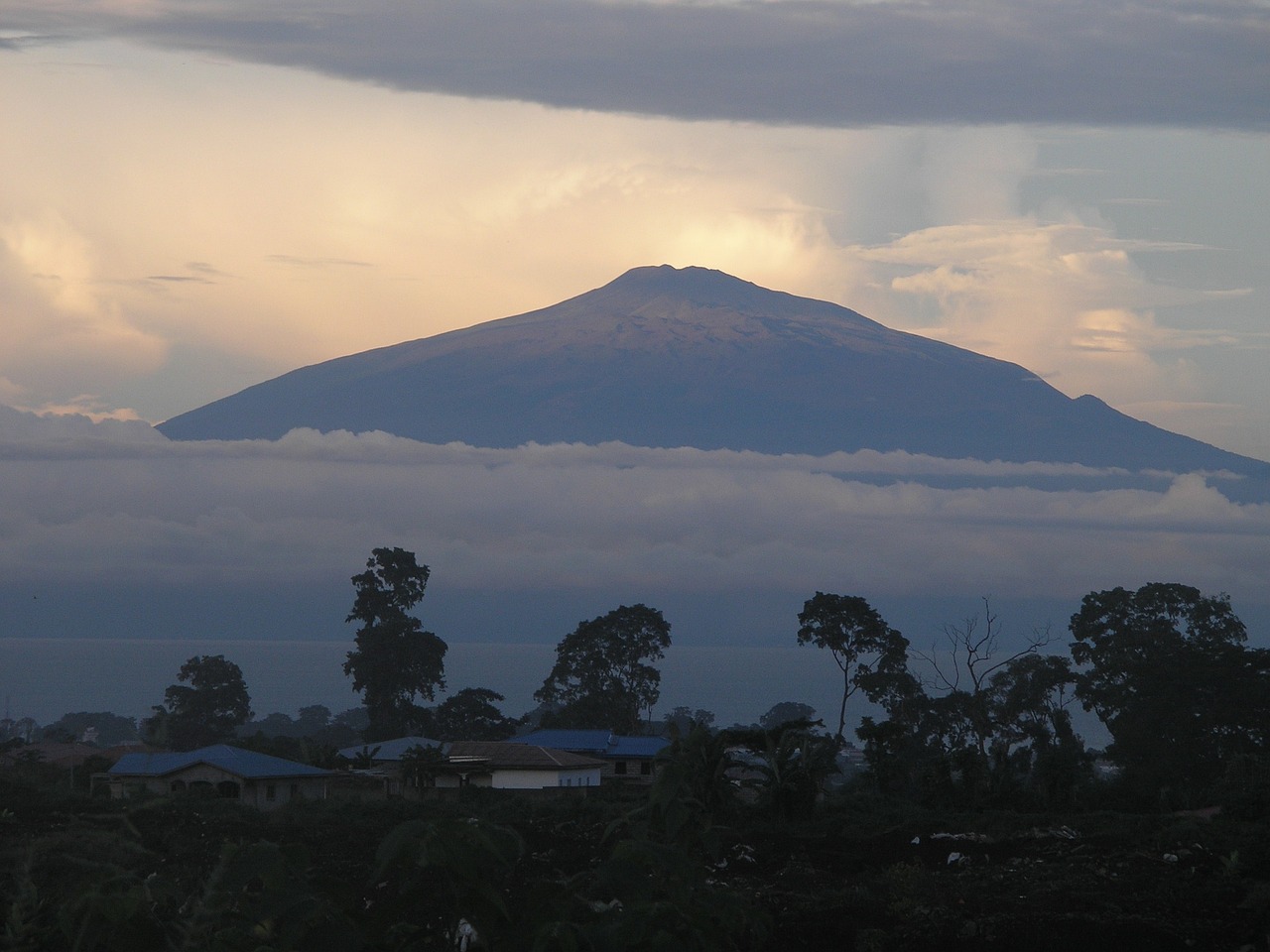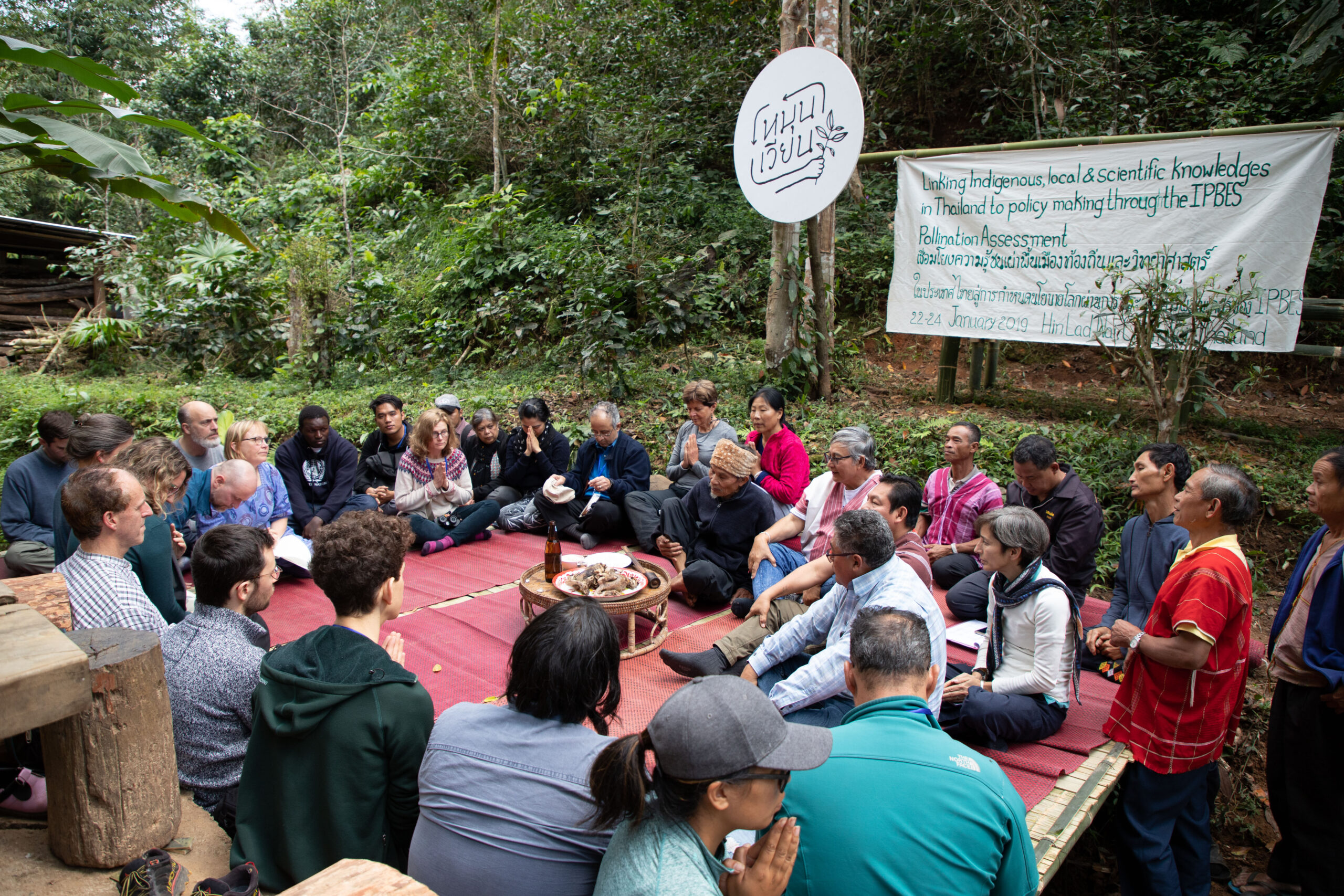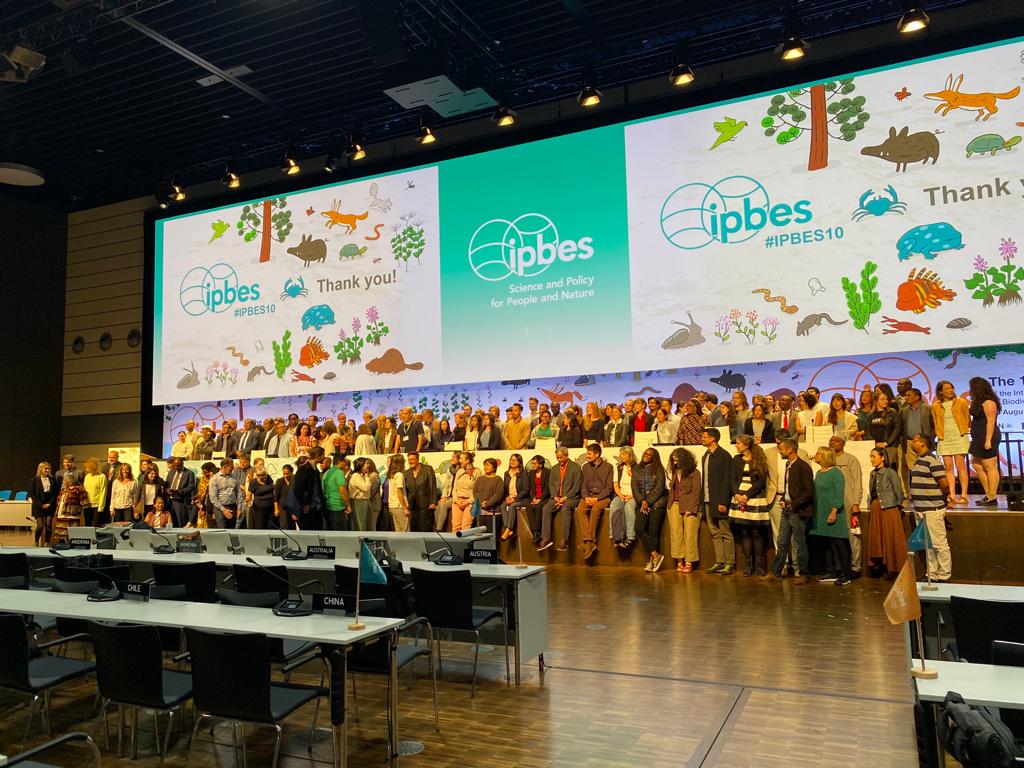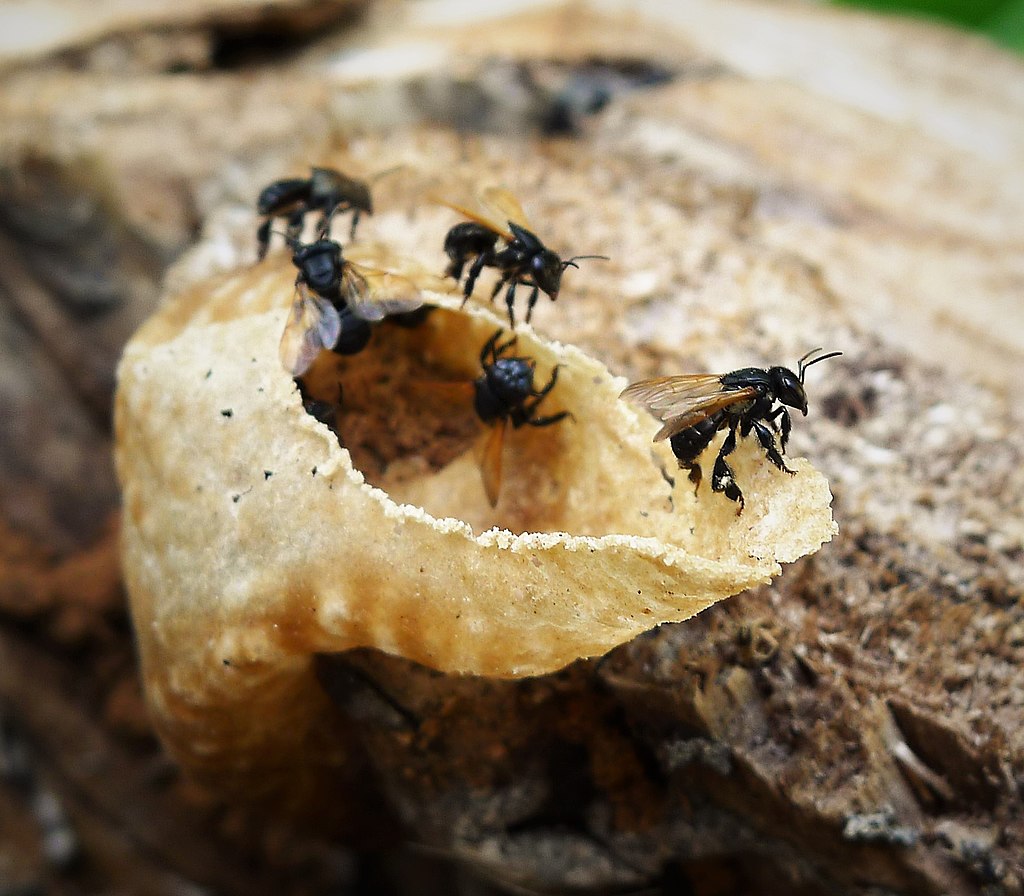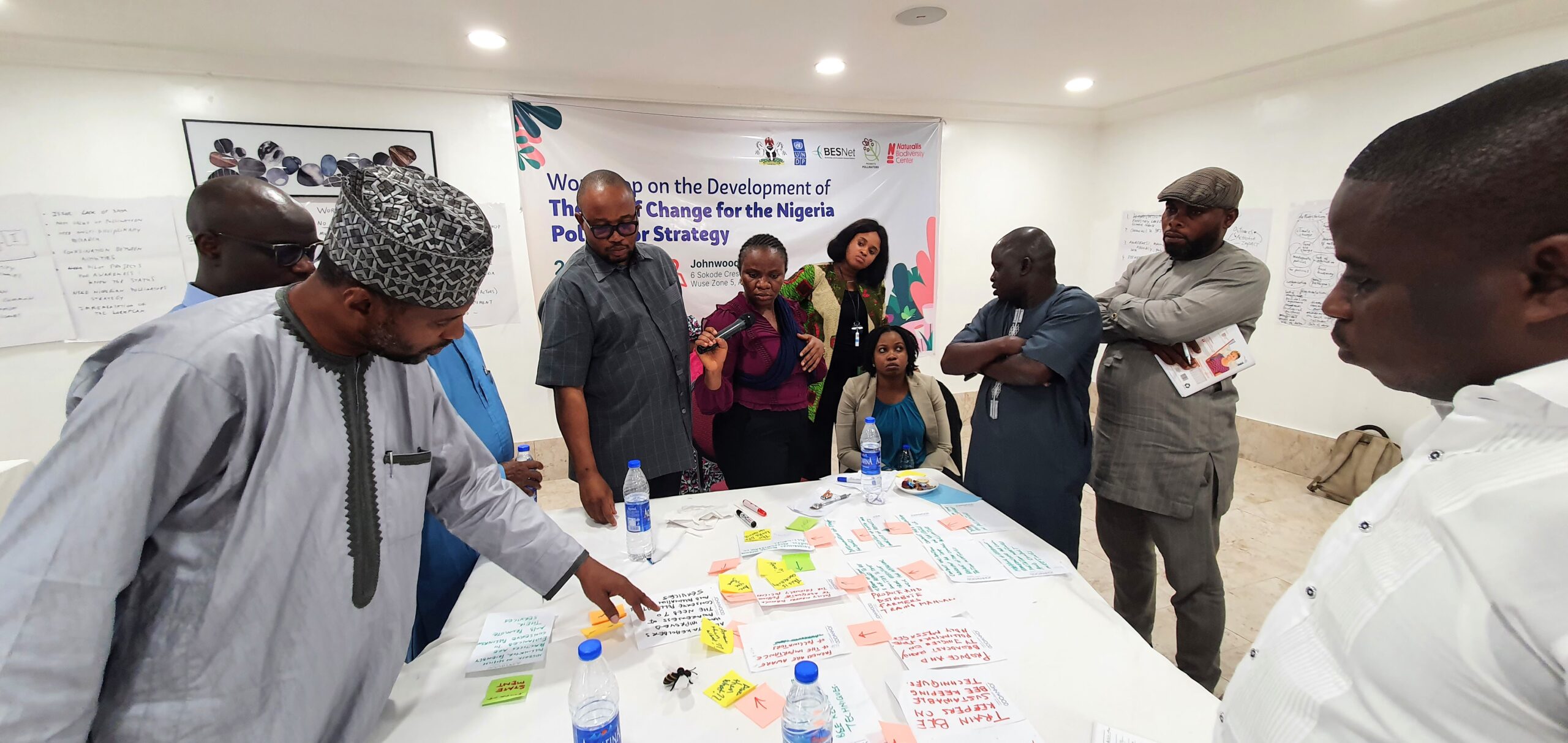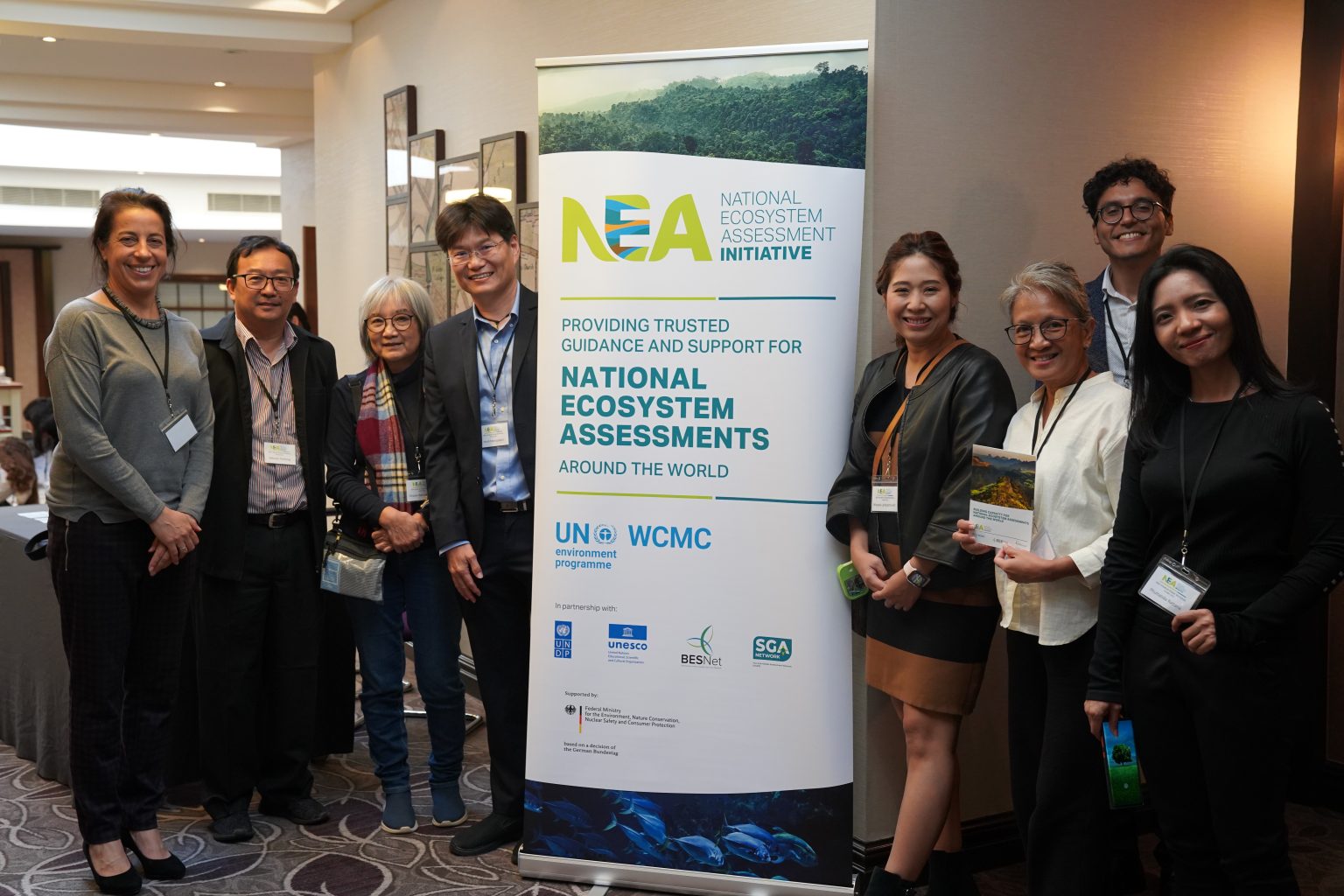HiveTracks: Can Bees Tell Us a Thing or Two about the Environment?
Spoiler Alert: Yes!

Photo courtesy of Max Rünzel
Max is the CEO and Co-Founder of HiveTracks. He joined HiveTracks following his appointments with the Food and Agriculture Organization of the United Nations and the Consultative Group on International Agricultural Research, where he worked on digital tools to empower smallholder producers. Being fluent in six languages and having lived on three continents, Max believes in a truly global solution to improving bee health.

Photo courtesy of Max Rünzel
Max is the CEO and Co-Founder of HiveTracks. He joined HiveTracks following his appointments with the Food and Agriculture Organization of the United Nations and the Consultative Group on International Agricultural Research, where he worked on digital tools to empower smallholder producers. Being fluent in six languages and having lived on three continents, Max believes in a truly global solution to improving bee health.
A conversation with Max Rünzel, CEO of HiveTracks, about valuing bees as pivotal ecosystem service providers, recognizing the role of beekeepers and farmers in monitoring biodiversity, and creating a platform for community-based sourcing of environmental data.
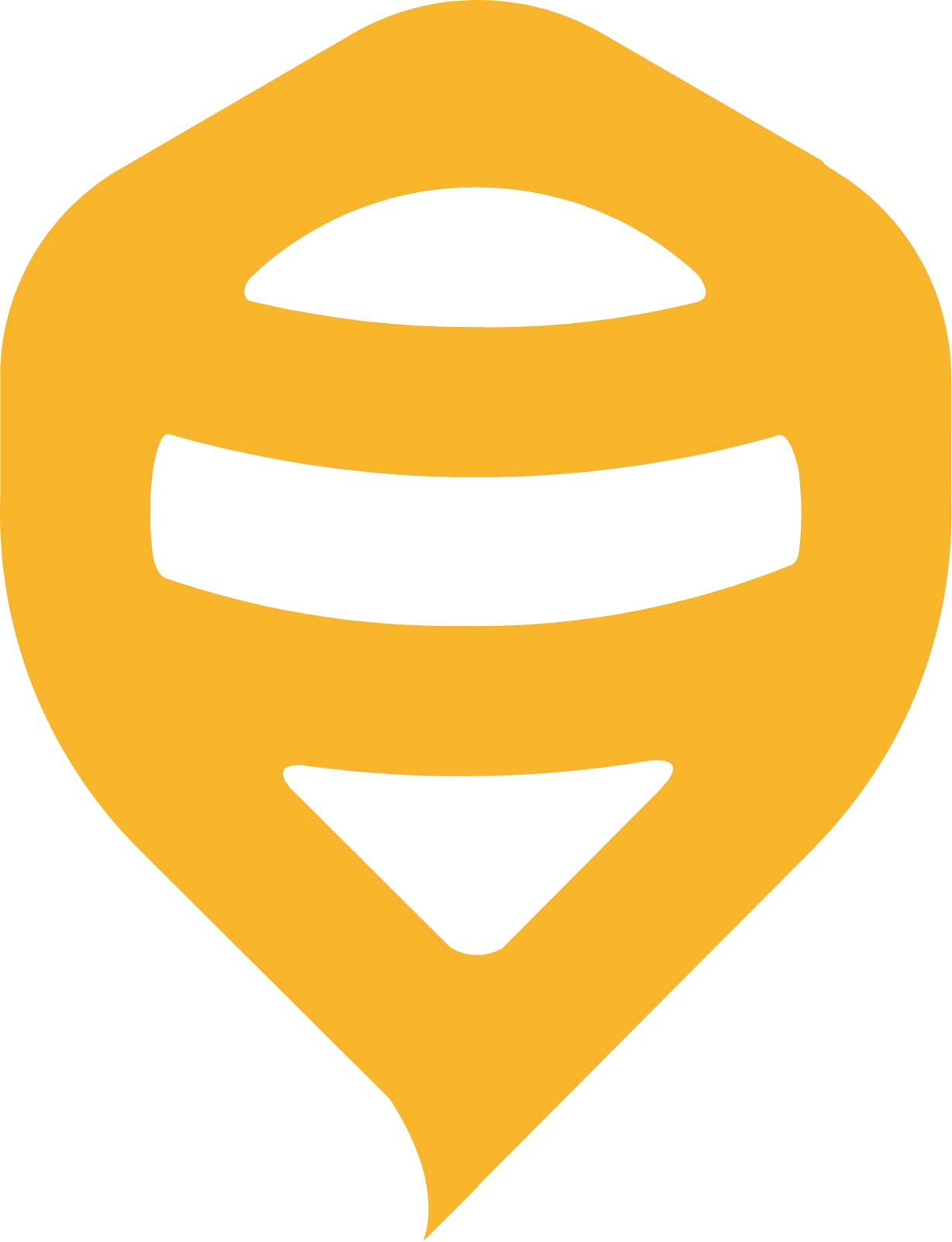
HiveTracks was created at the intersection of computer science and beekeeping. HiveTracks, Inc. is on a mission to build a platform for community-based and verified sourcing of environmental data by empowering beekeepers with technology. Building digital tools for beekeepers to manage their hives, we aim to help beekeepers make informed decisions based on data-driven insights, improve the health and productivity of their colonies and, in the future, get access to payments for ecosystem services and authenticated honey.
Over a decade ago, when it became apparent that bee health was in jeopardy, James Wilkes, the founder of HiveTracks, had the insight that technology could aid as a solution. By integrating innovative approaches and technology, HiveTracks' software helps to encourage sustainable beekeeping practices and support the crucial role of bees in pollination and environmental health.
Can you highlight some key milestones or success stories along your journey?
One of our major early wins was securing our first government contract at the end of 2020. We partnered with the International Center for Agricultural Research in the Dry Areas and received funding from the German Federal Foreign Office, specifically the Human Rights Department. This allowed us to develop digital solutions for beekeepers in Ethiopia and Uzbekistan, where we focused on developing gender-responsive and transformative technology to improve the lives and livelihoods of beekeepers in general and women beekeepers in particular. It was a significant milestone, aligning with our mission of meaningfully connecting nature, people and data.
Another milestone was the launch this year of our new app for small-scale beekeepers. We understand that technology is an ongoing journey, and we appreciate and incorporate user input for continuous improvement.
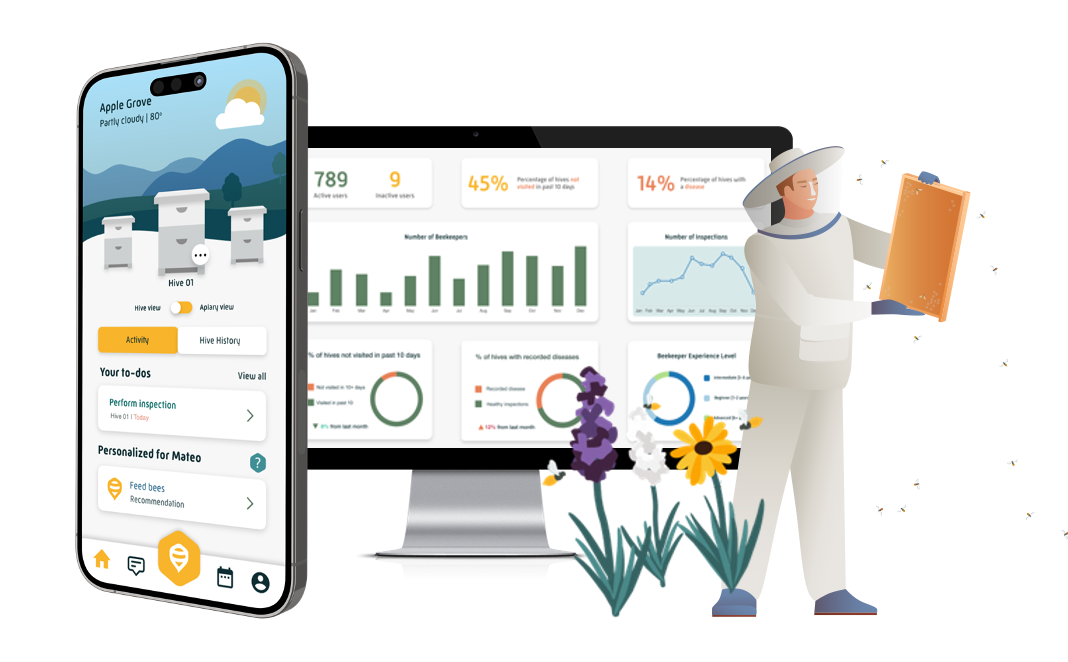
How does HiveTracks apply a gender lens to its activities?
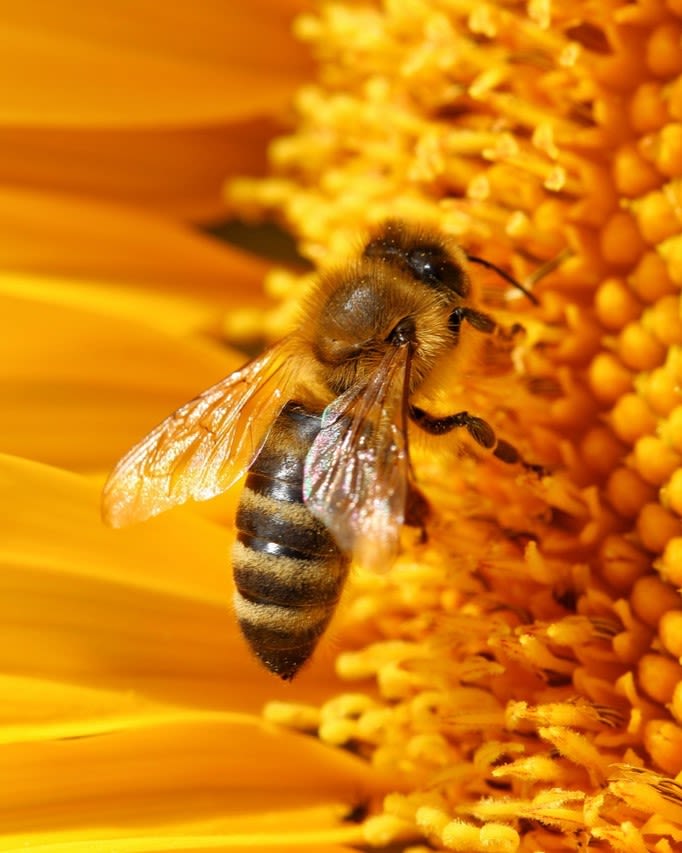
We work to be gender-sensitive, responsive and transformative. One key aspect is the iterative software development process, specifically focusing on the user interface of our software. It's about how users perceive information on the screen, feeling included and ensuring inclusive design. For example, during the development process in Ethiopia, we conducted desk research on local practices and diseases. Then, we translated the app content, aiming for neutrality and inclusiveness. All our designs and prototypes went through multiple iterations involving women beekeepers.
We also focused on culturally relevant and inclusive translations, adapting symbols and icons across different cultures. We were able to prove that what can be perceived as universally understood symbols is not the case globally and needs to be adapted locally.
Could you share more about the future vision of HiveTracks?
Our vision revolves around creating a platform that gives value to ecosystem services and biodiversity monitoring. We see bee health as a crucial indicator showing the status of the environment.
We aim to raise awareness of the value of beekeeping and pollination. For instance, beekeepers play a pivotal role in biodiversity management by nurturing plant-pollinator relationships, and we want to elevate their importance. Additionally, we want to address the limitation of desk-based biodiversity assessments by incorporating data directly from beekeepers and farmers. Paying them for their services and valuing their contributions will strengthen our understanding of the environment and improve our overall picture. Currently, it's a niche component, and we want to mainstream it, making people understand its significance.
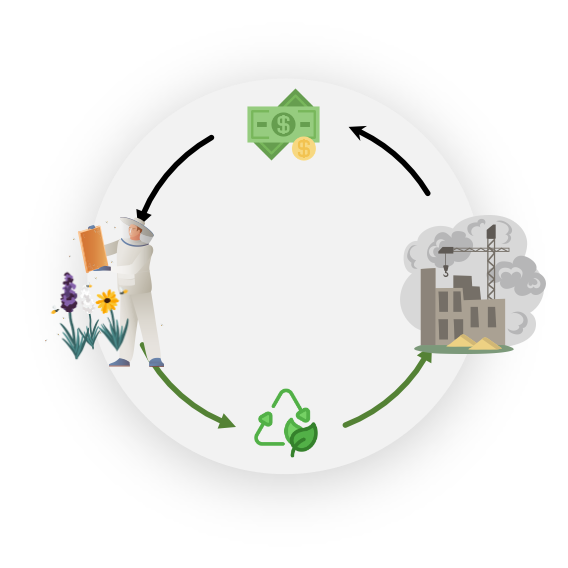

Interested in learning more about the work of HiveTracks? Visit the website https://www.hivetracks.com/ or send an email to max@hivetracks.com.

